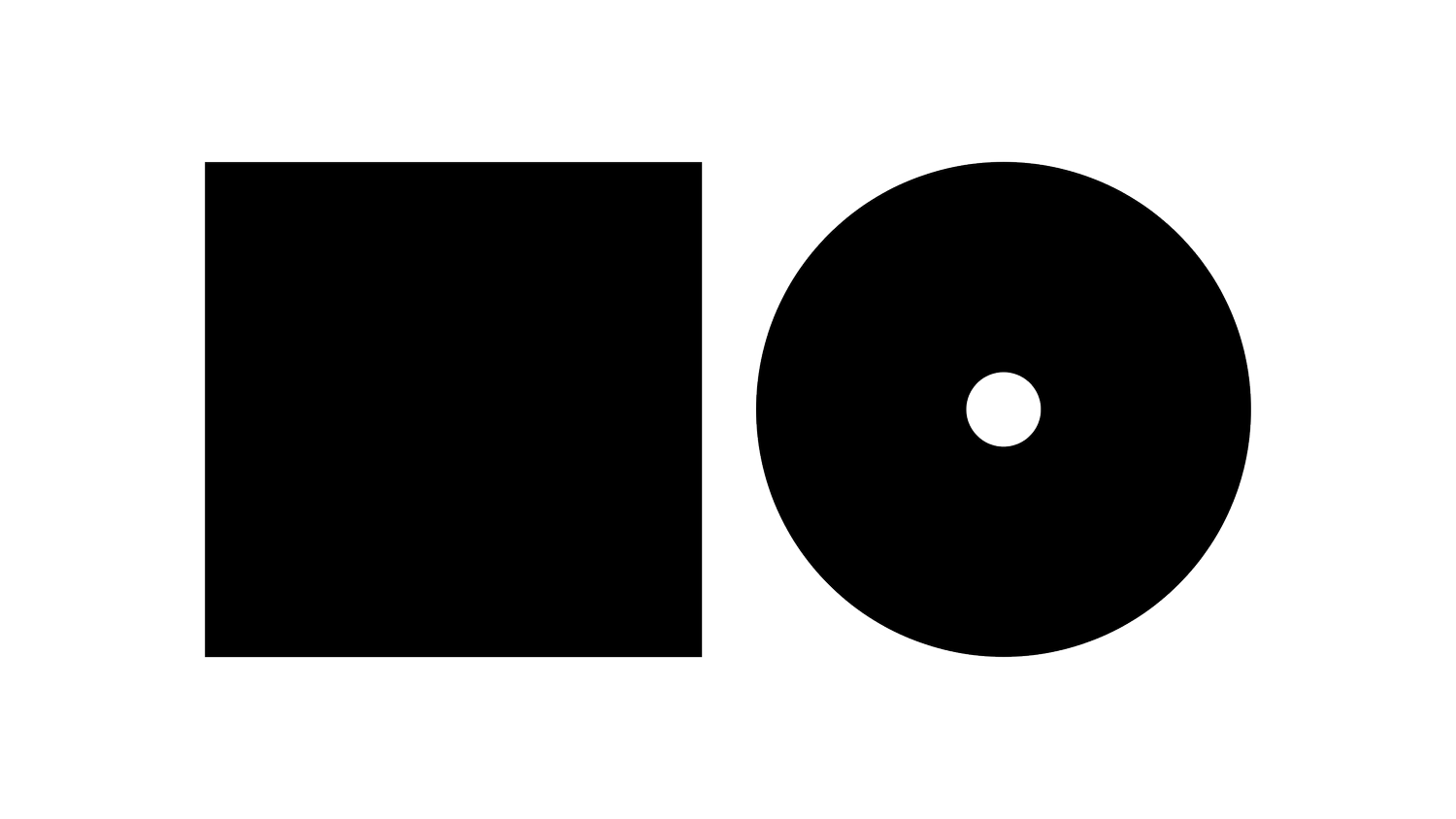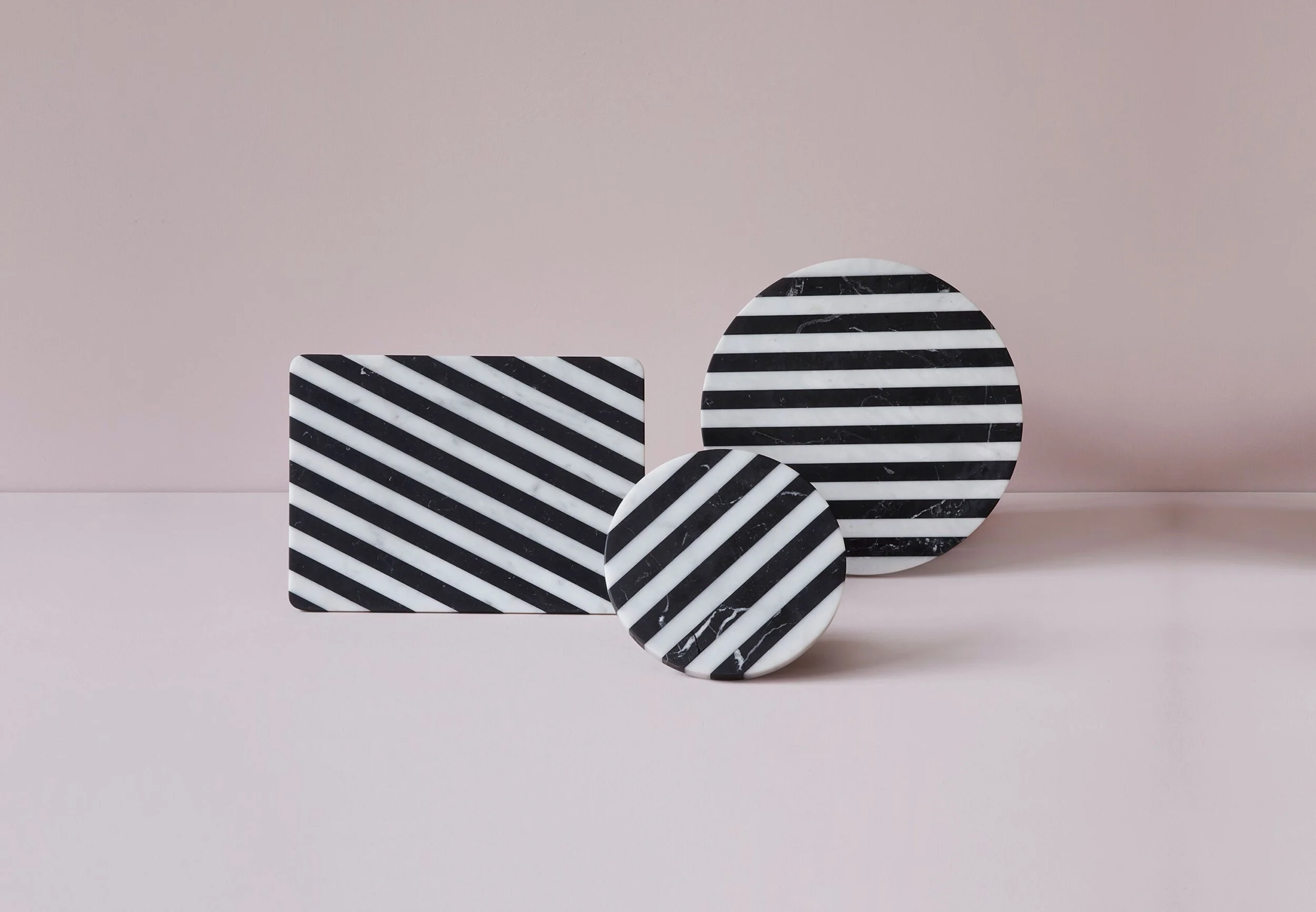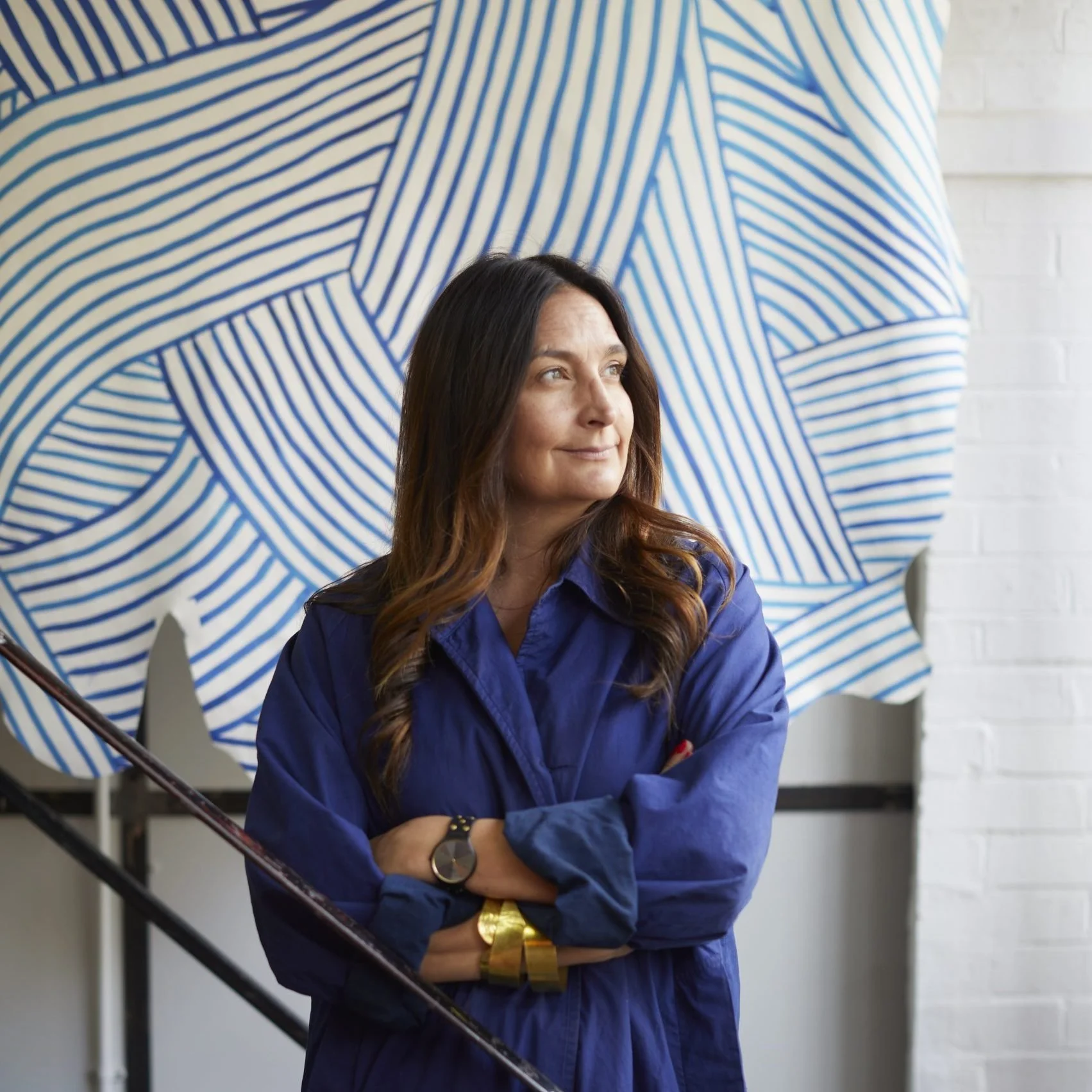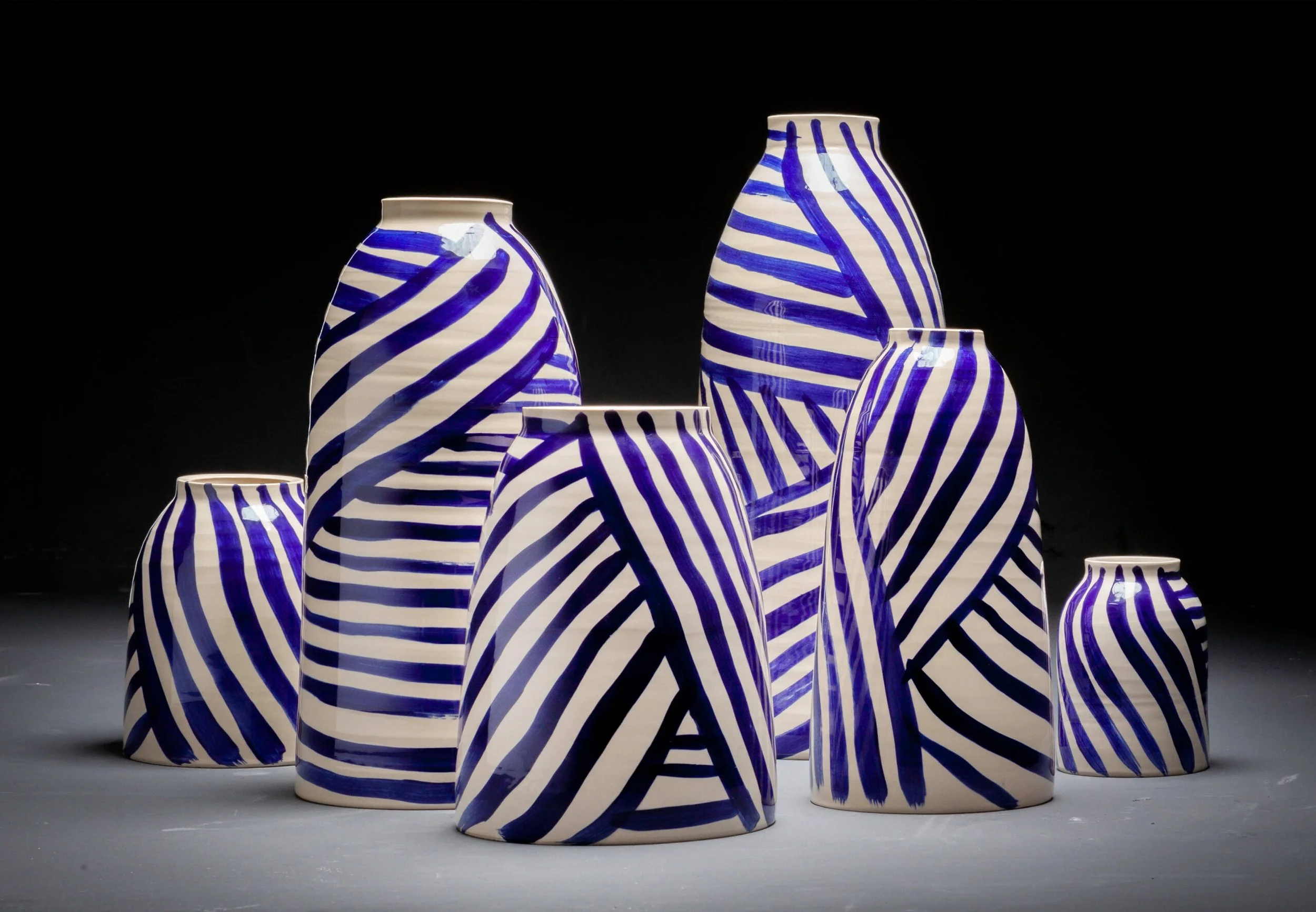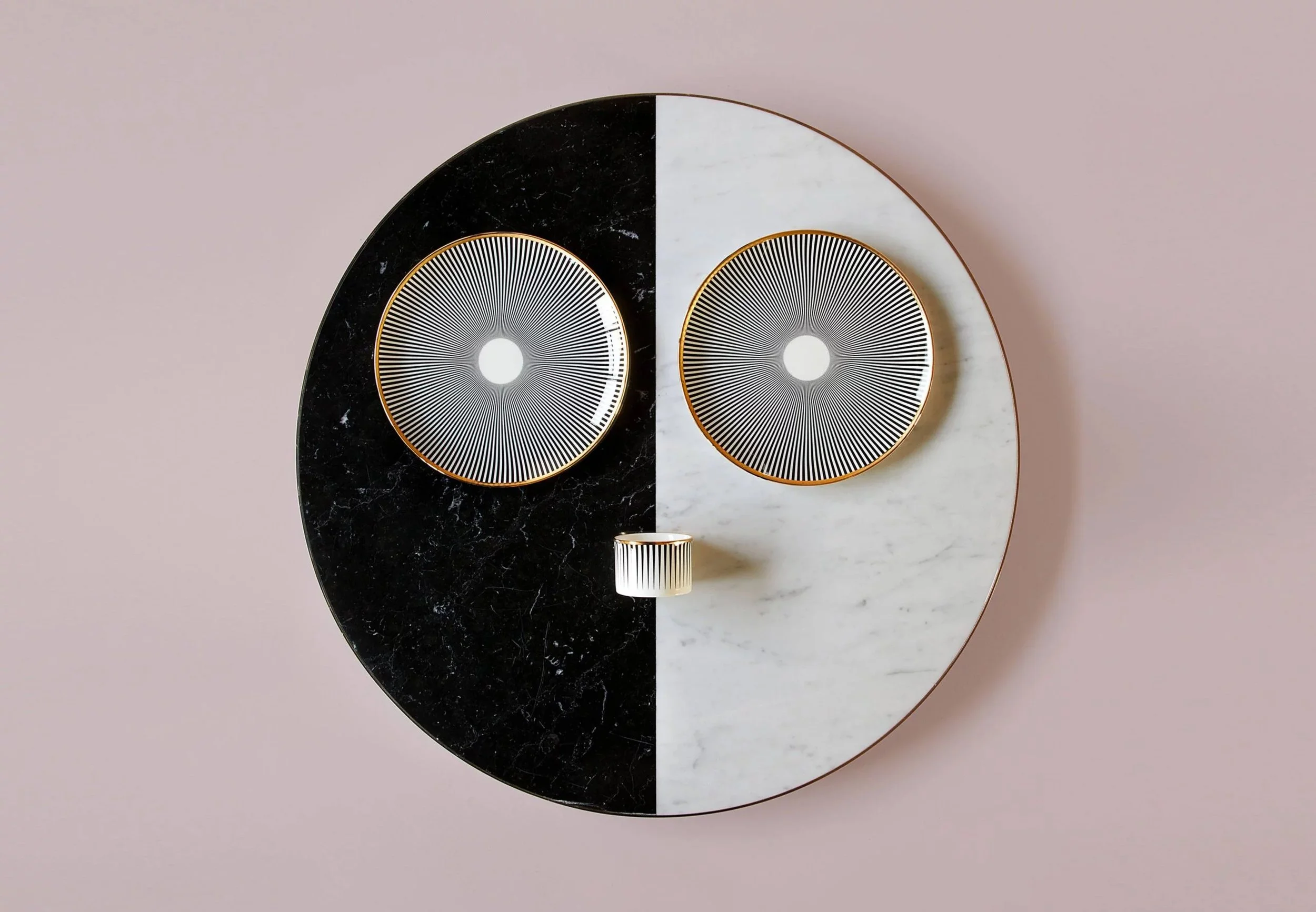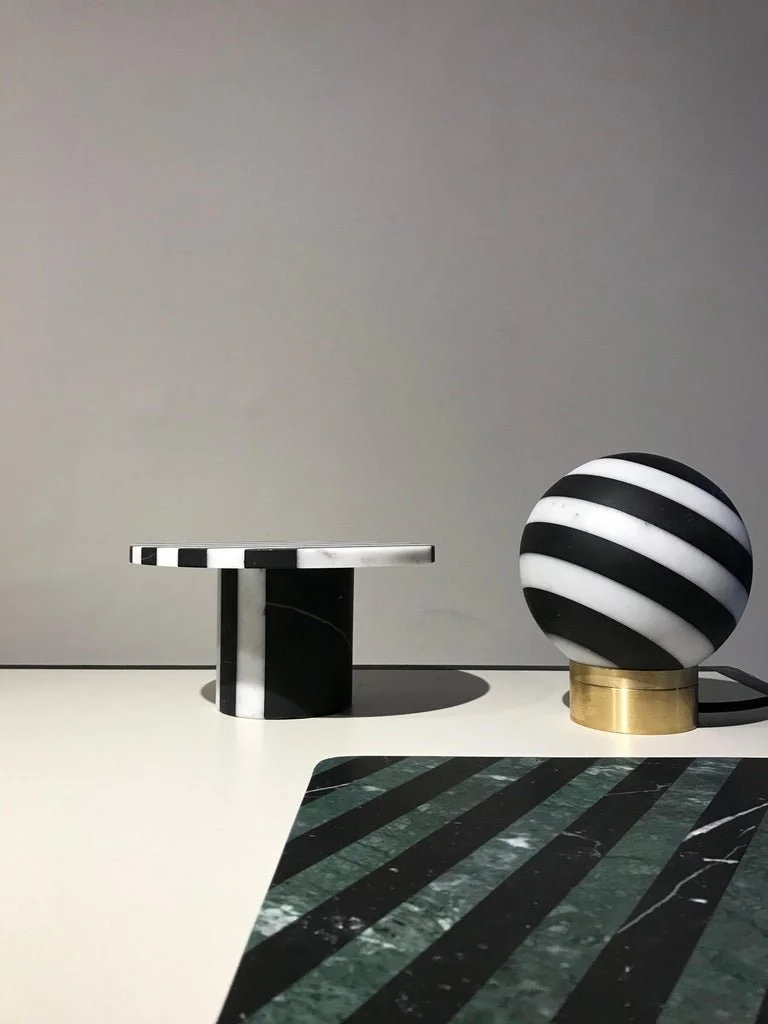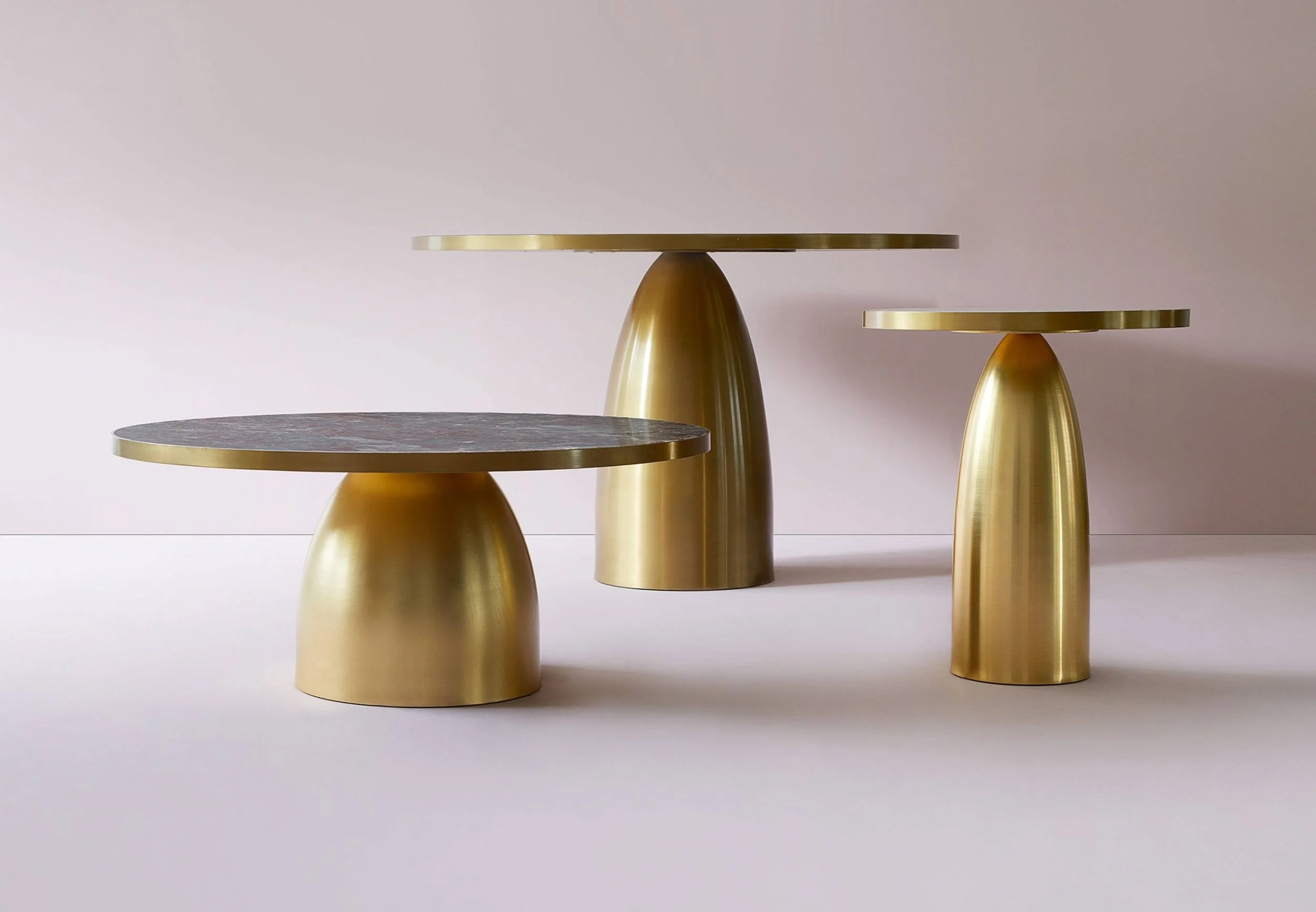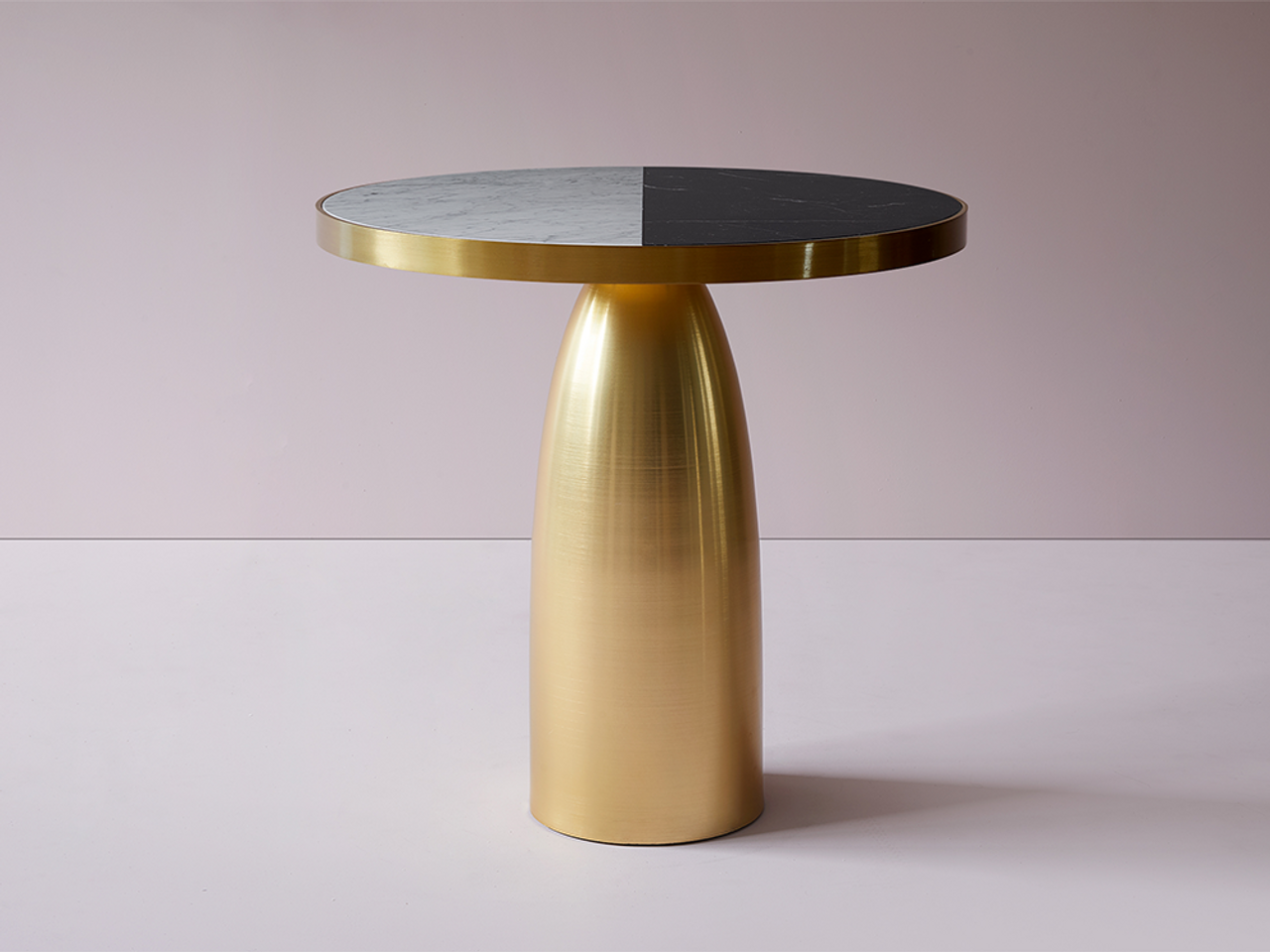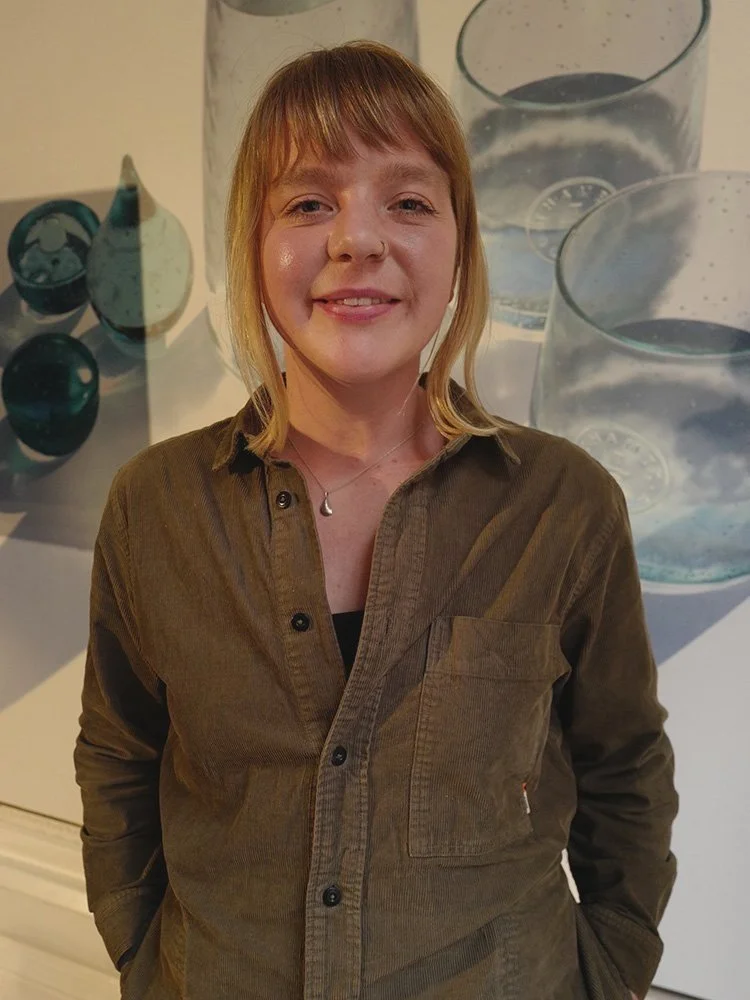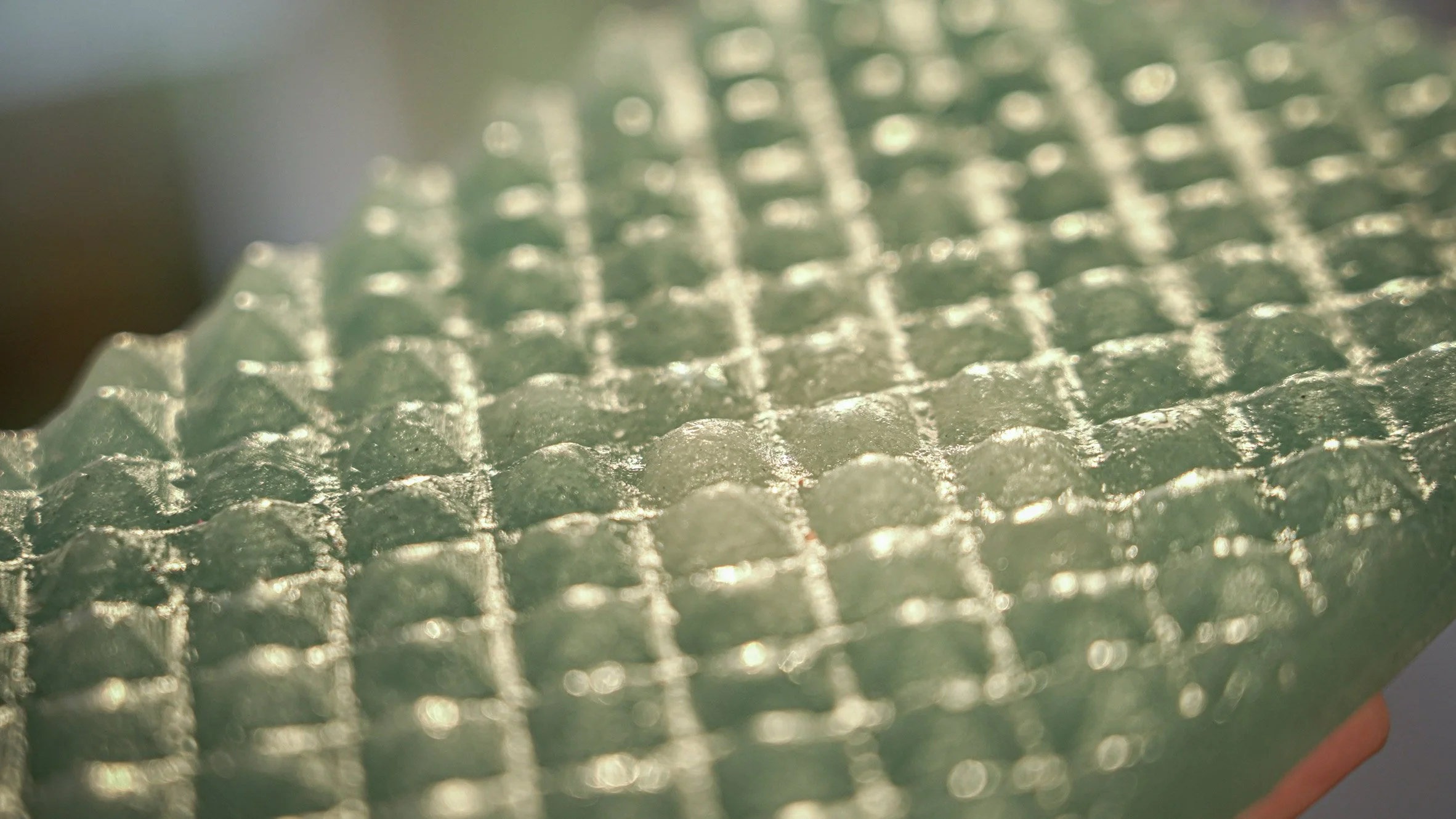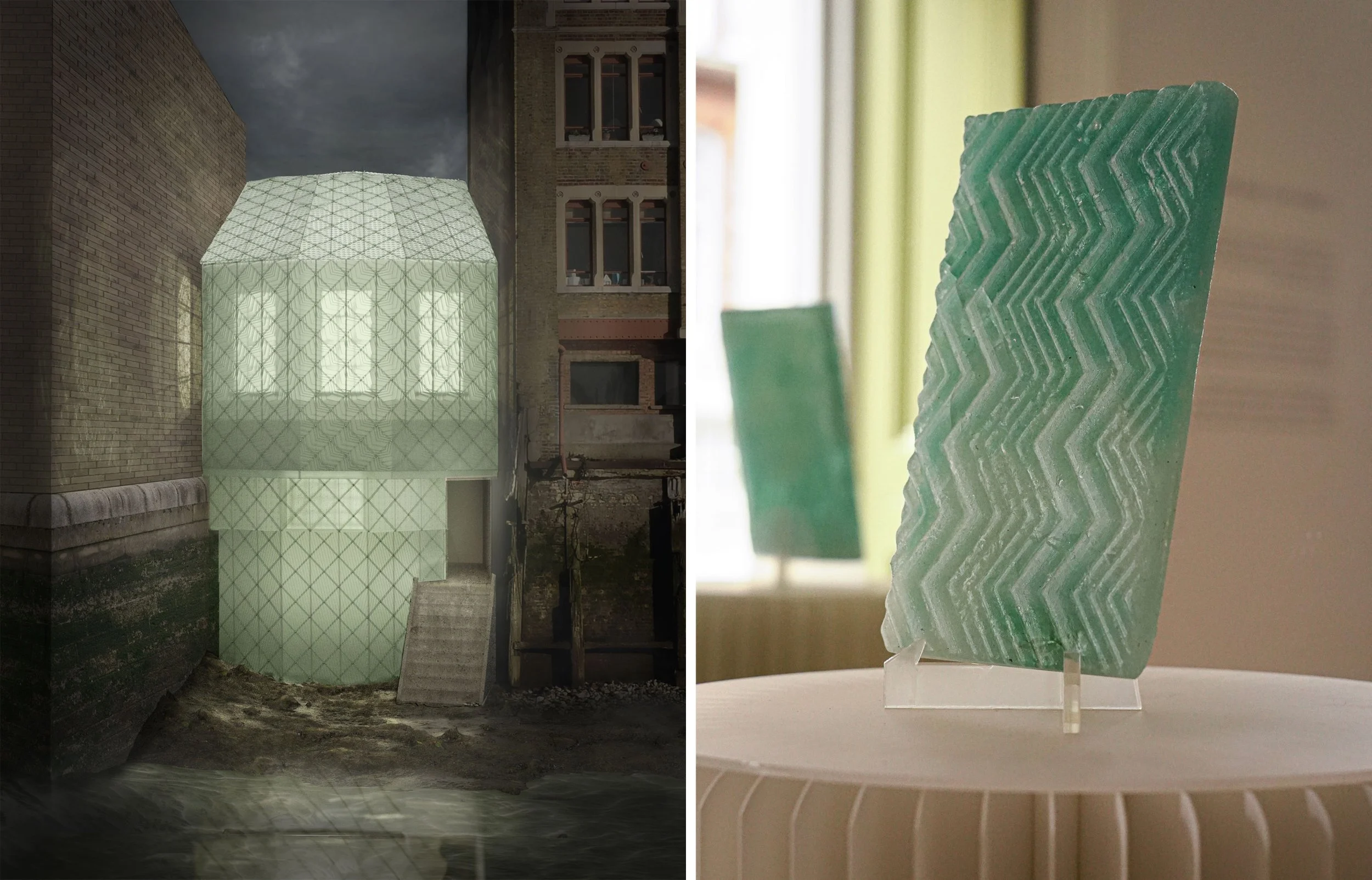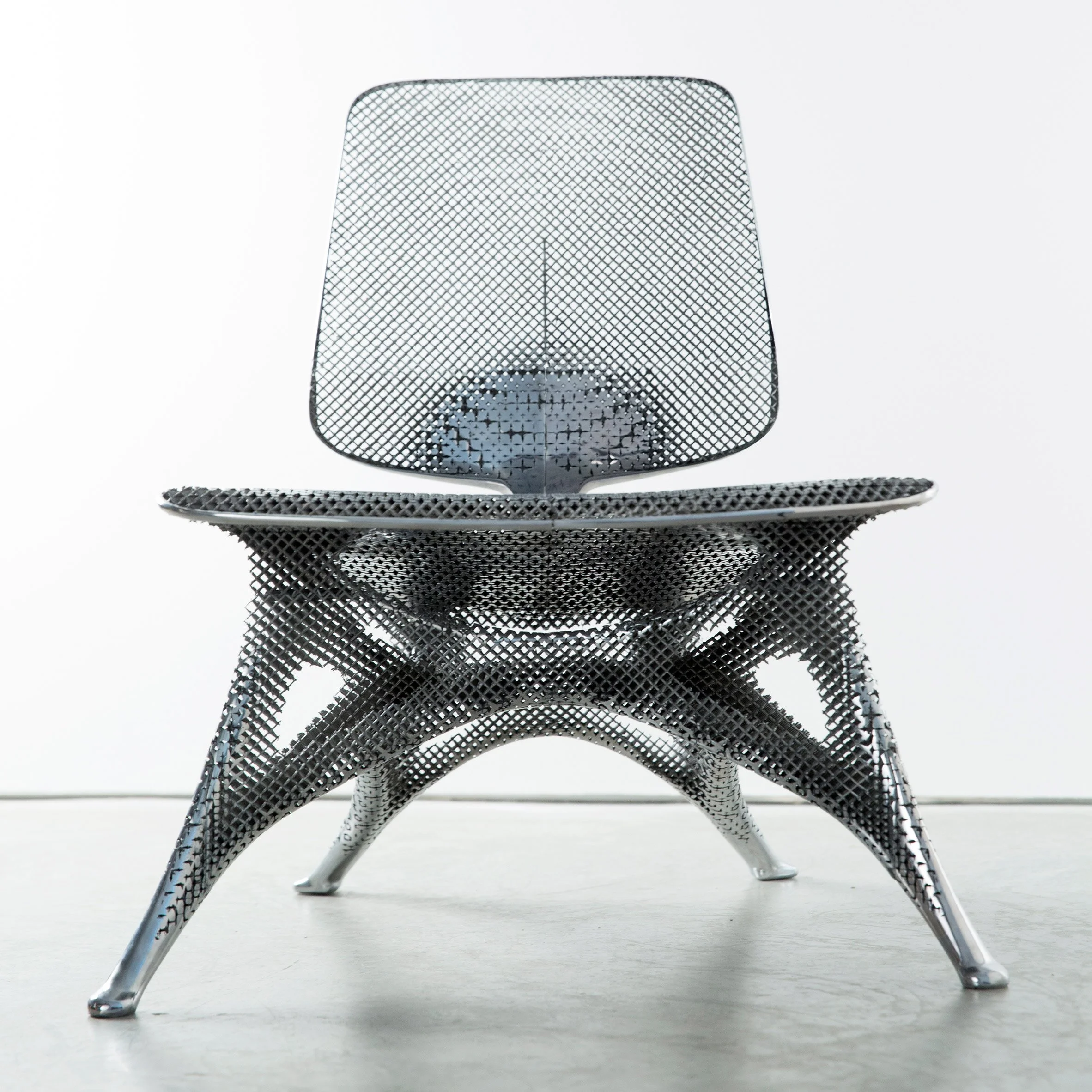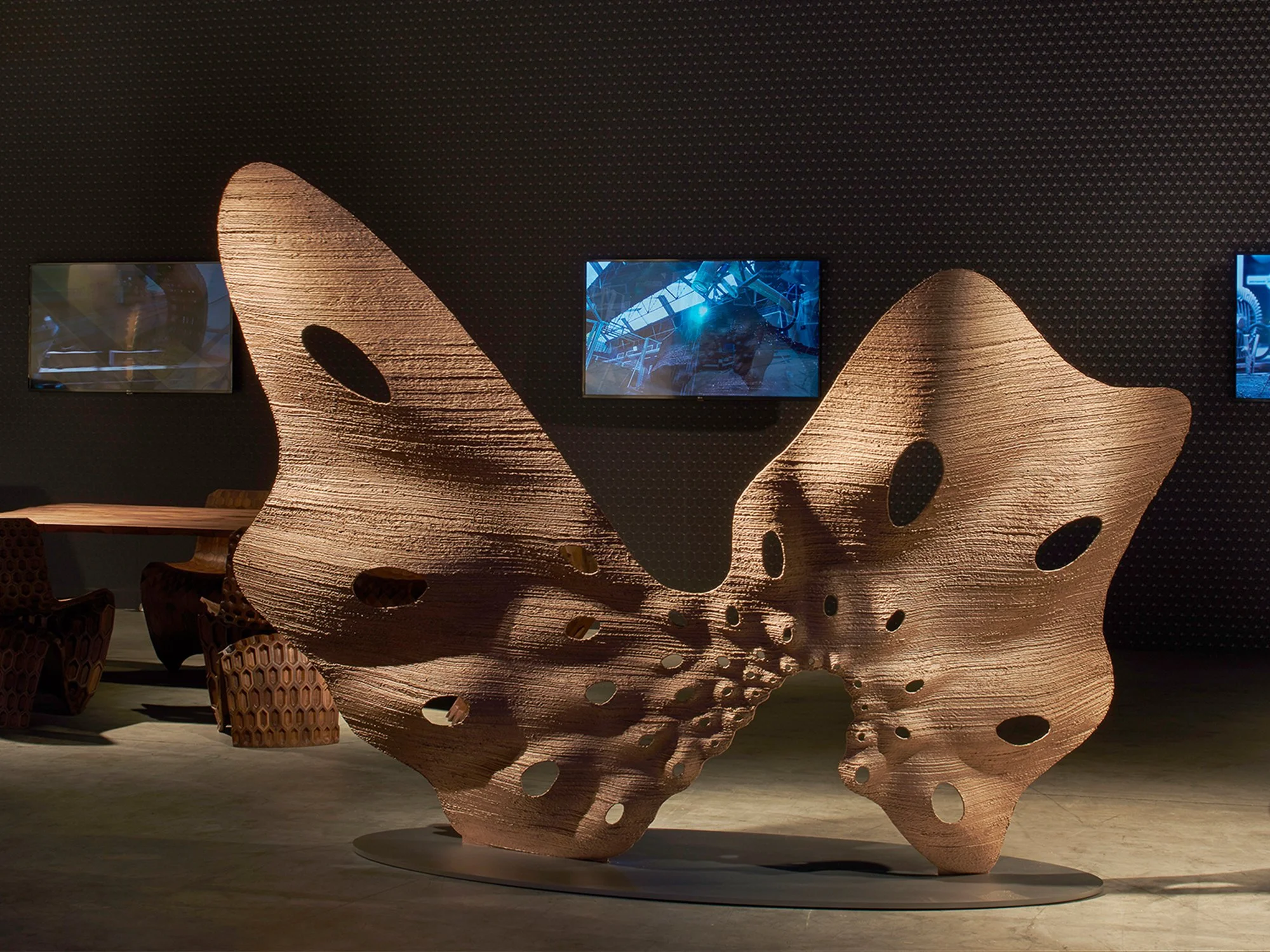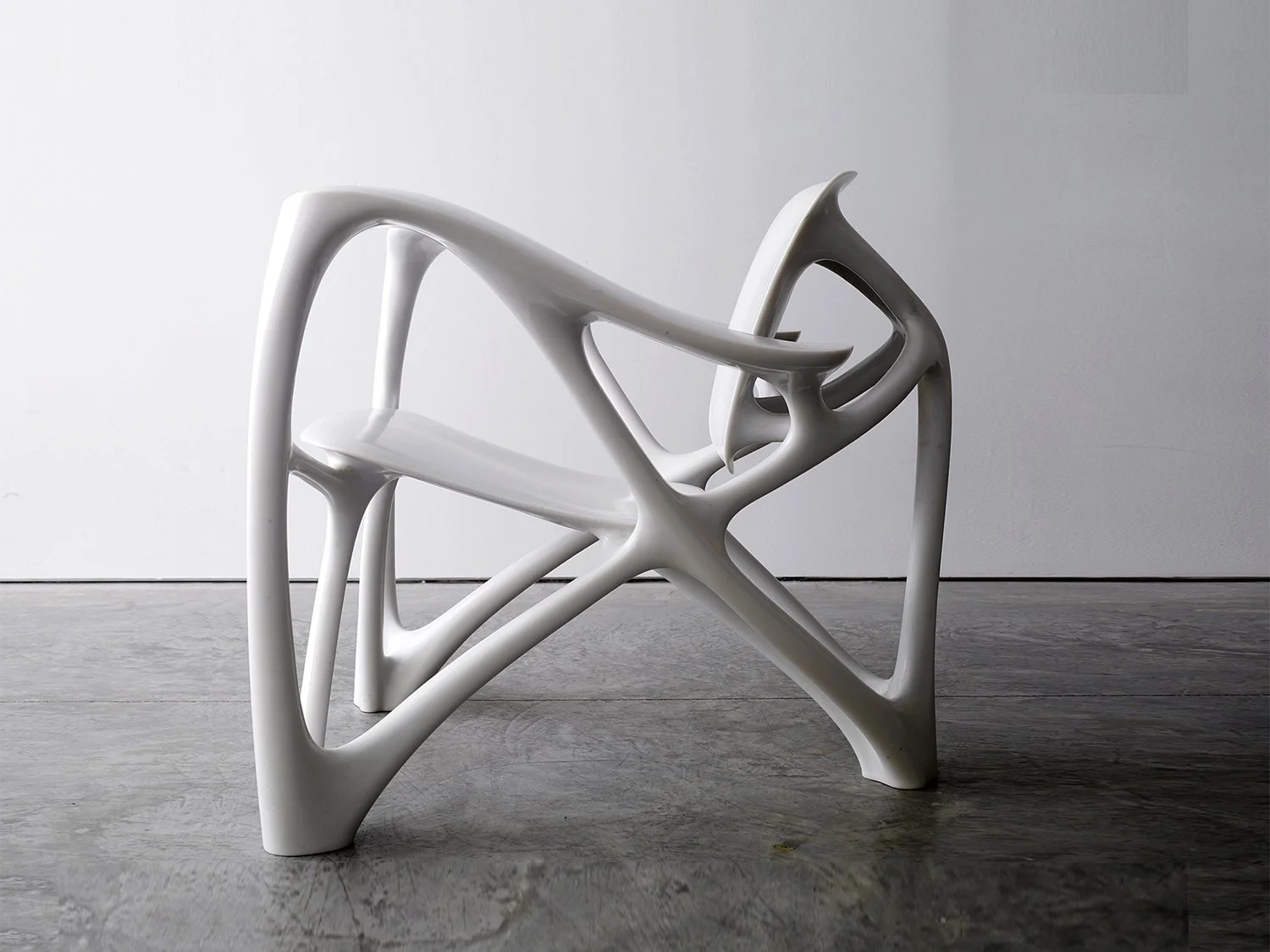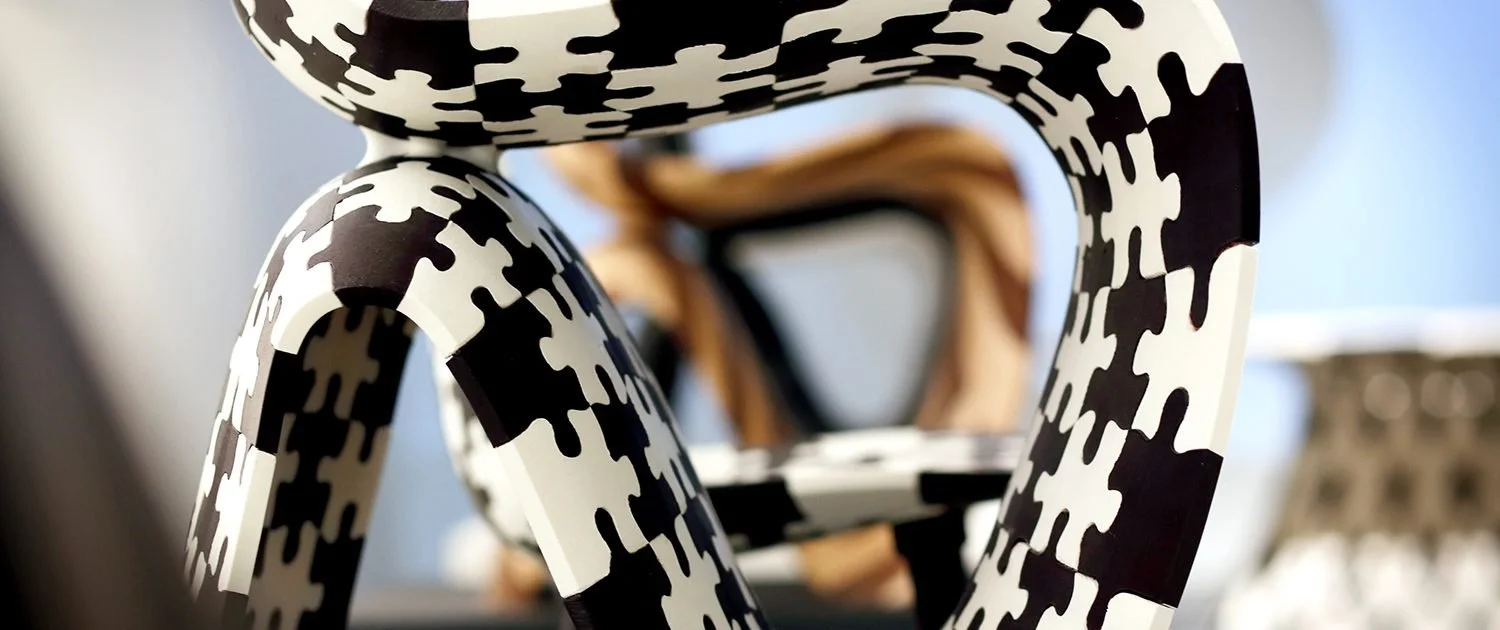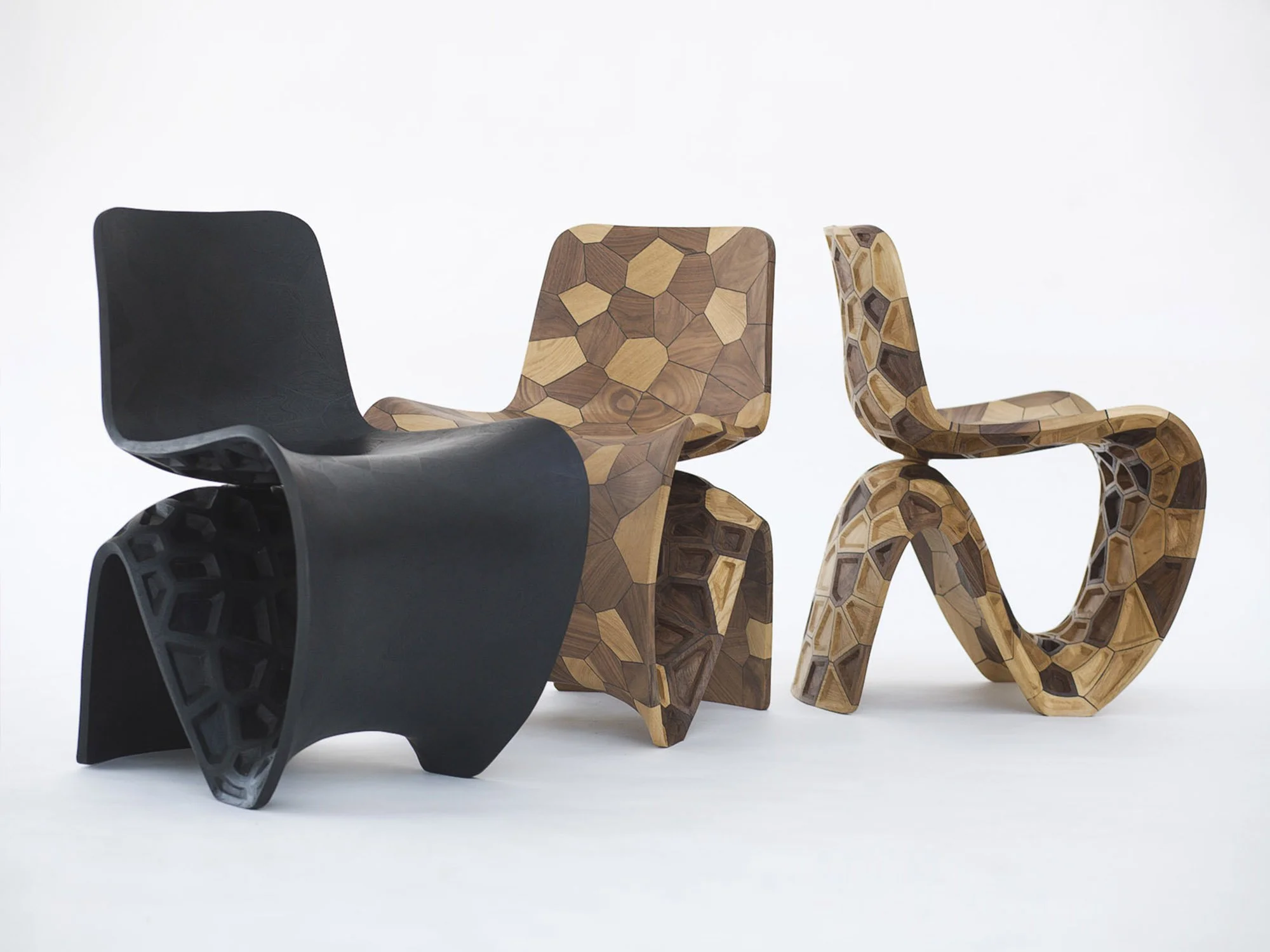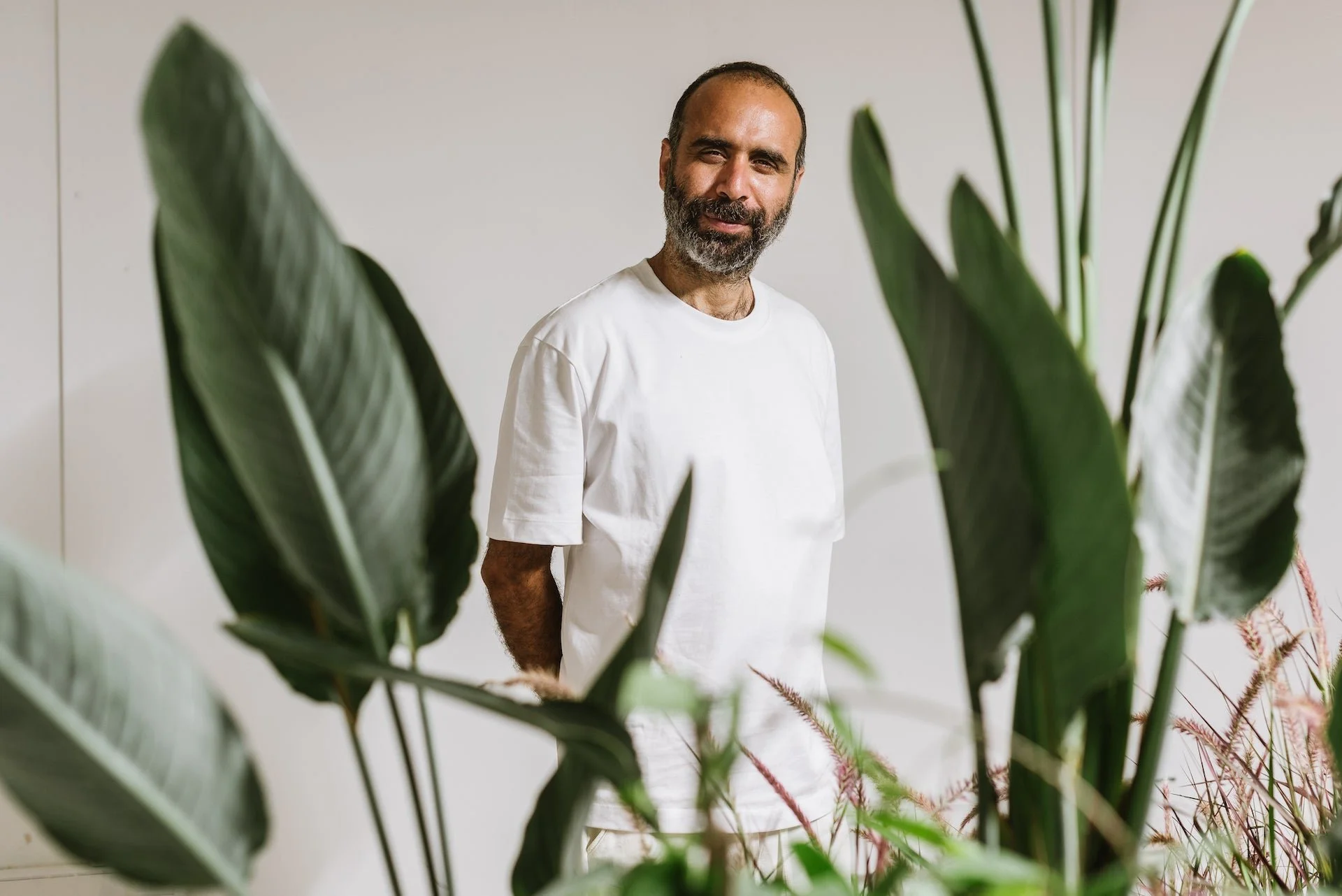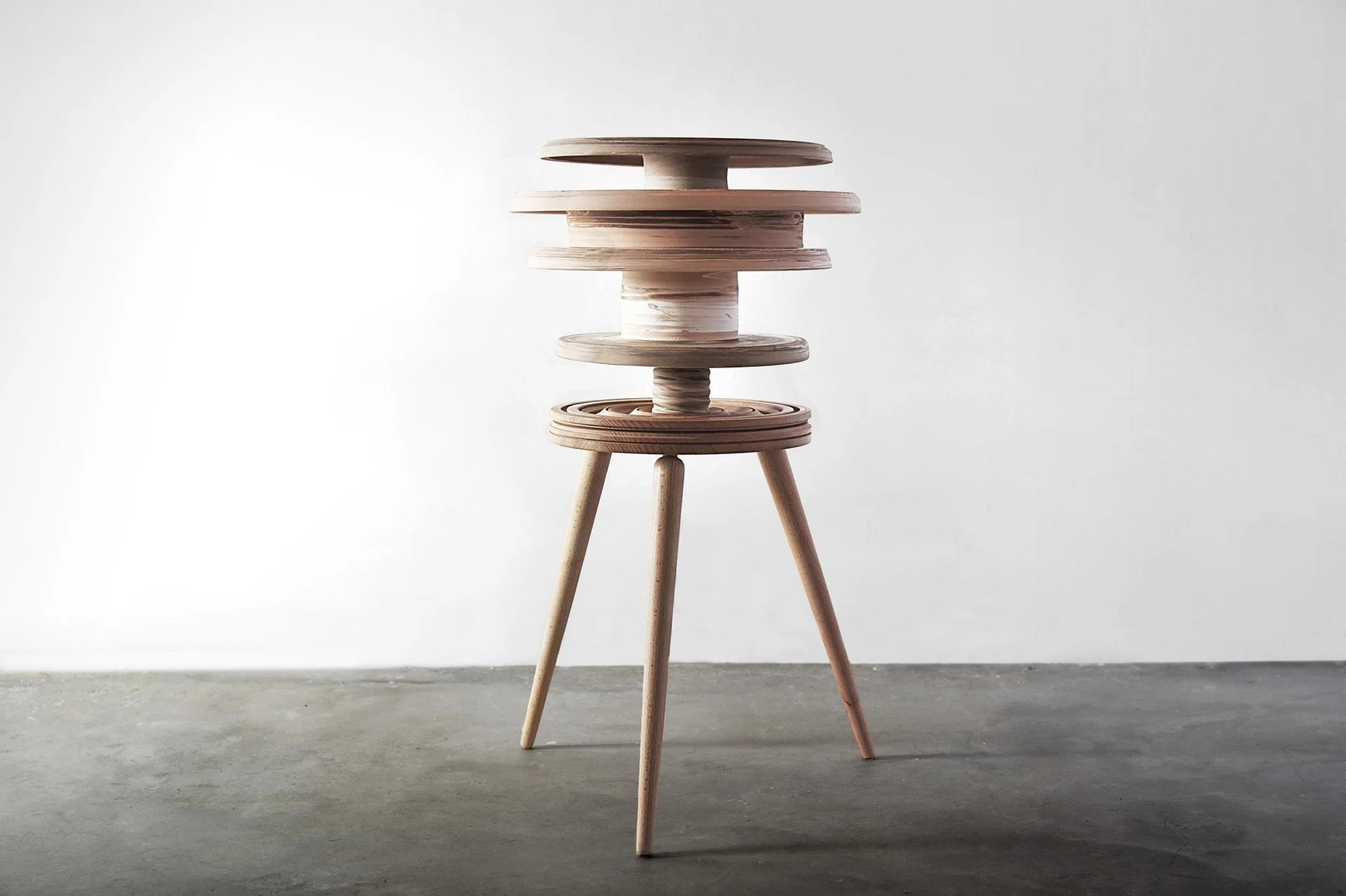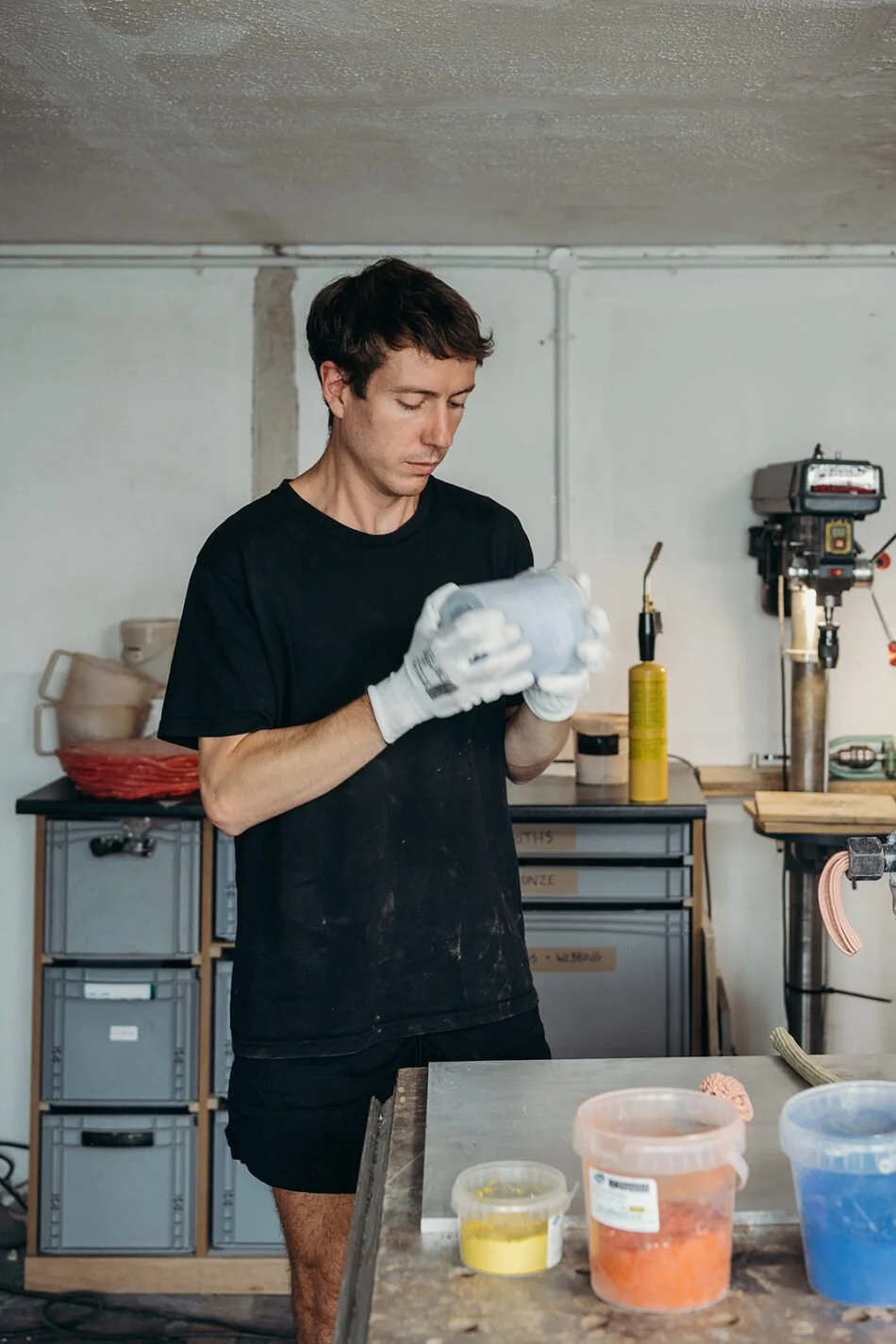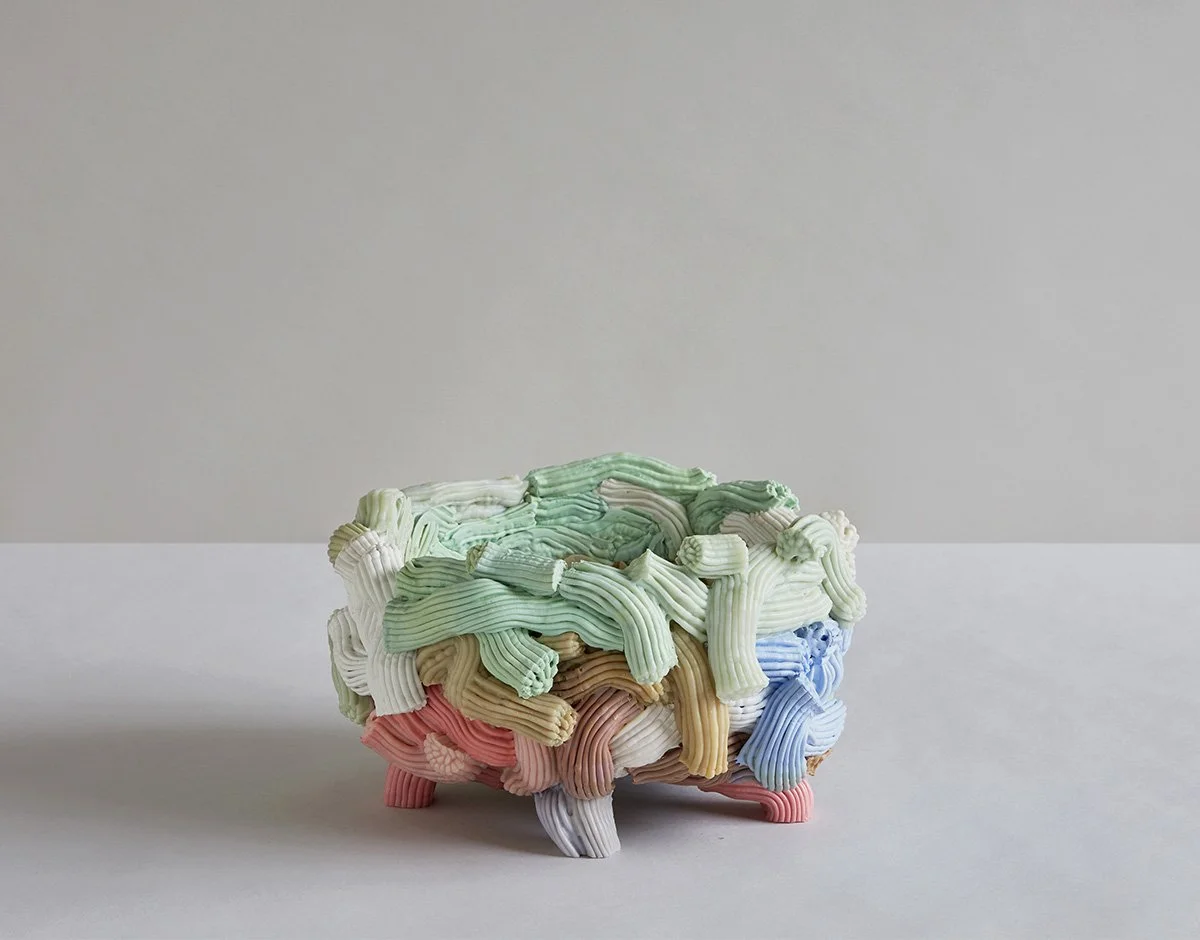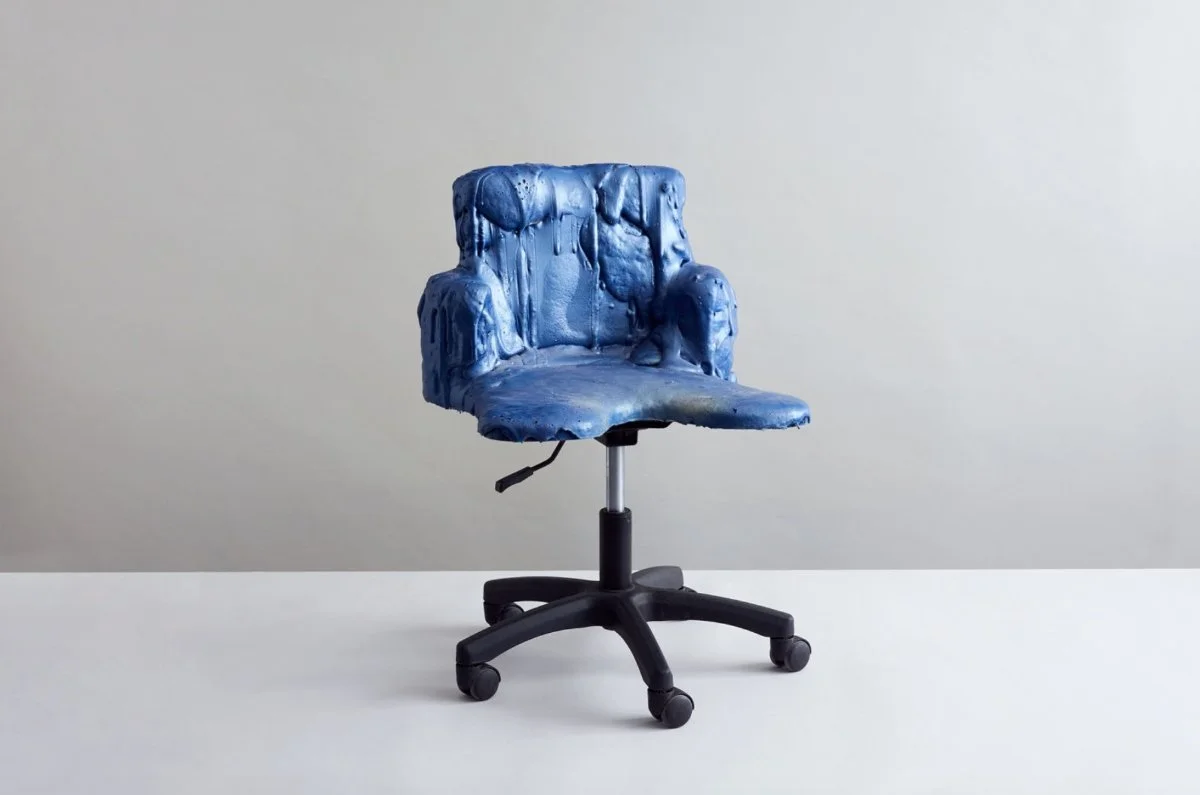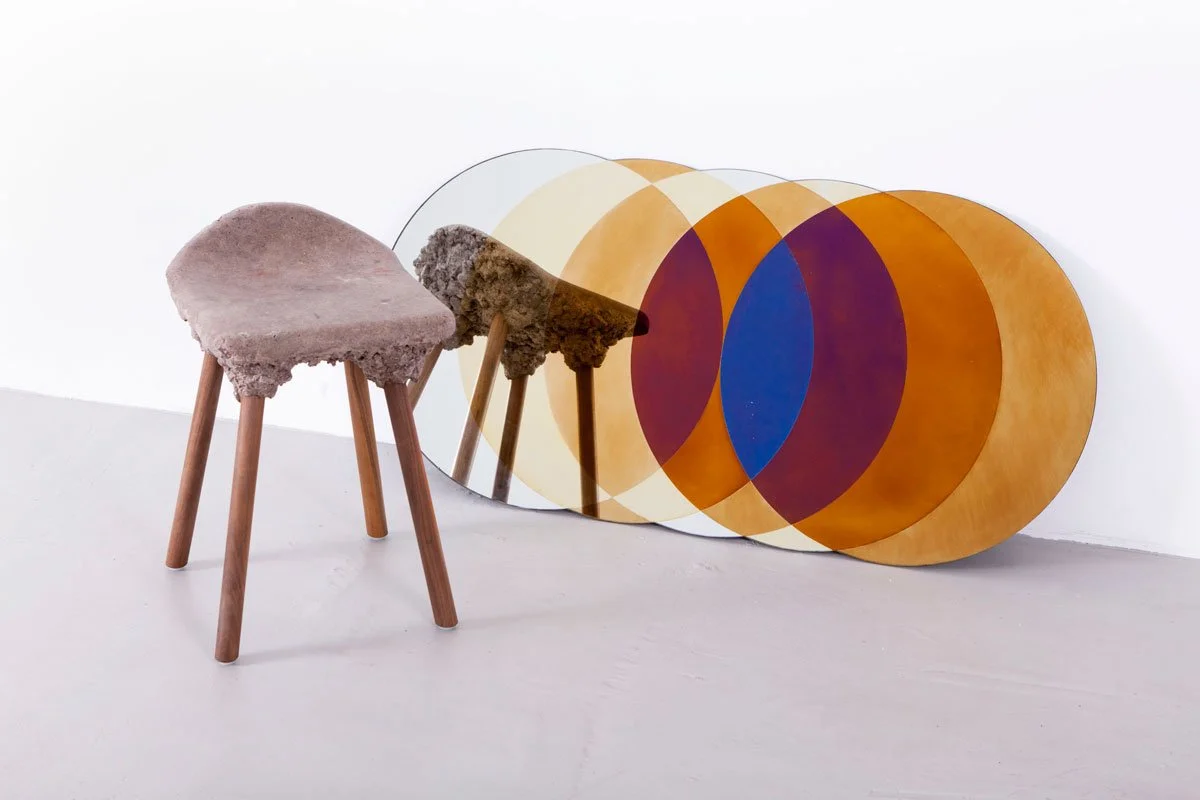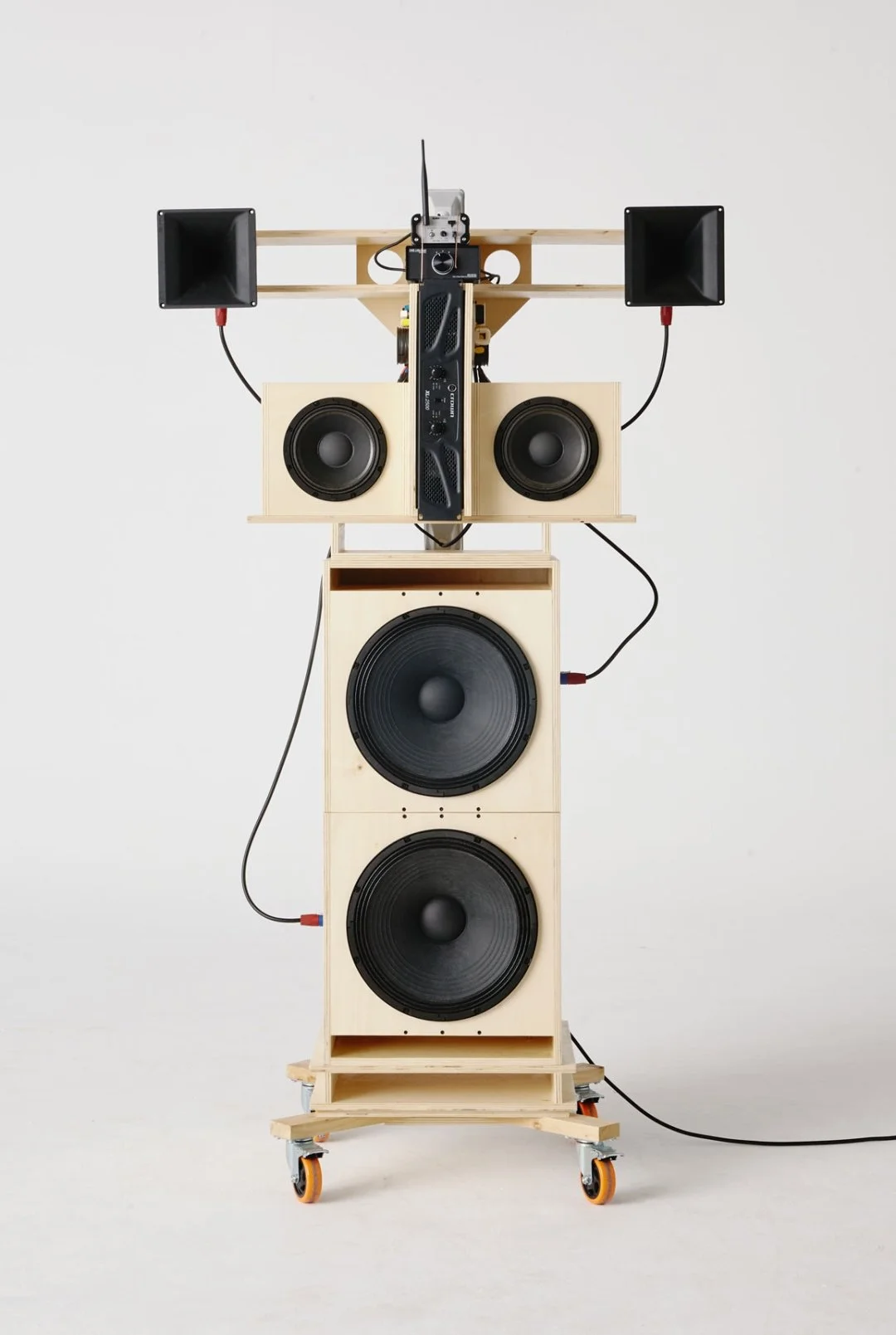 Image 1 of 16
Image 1 of 16

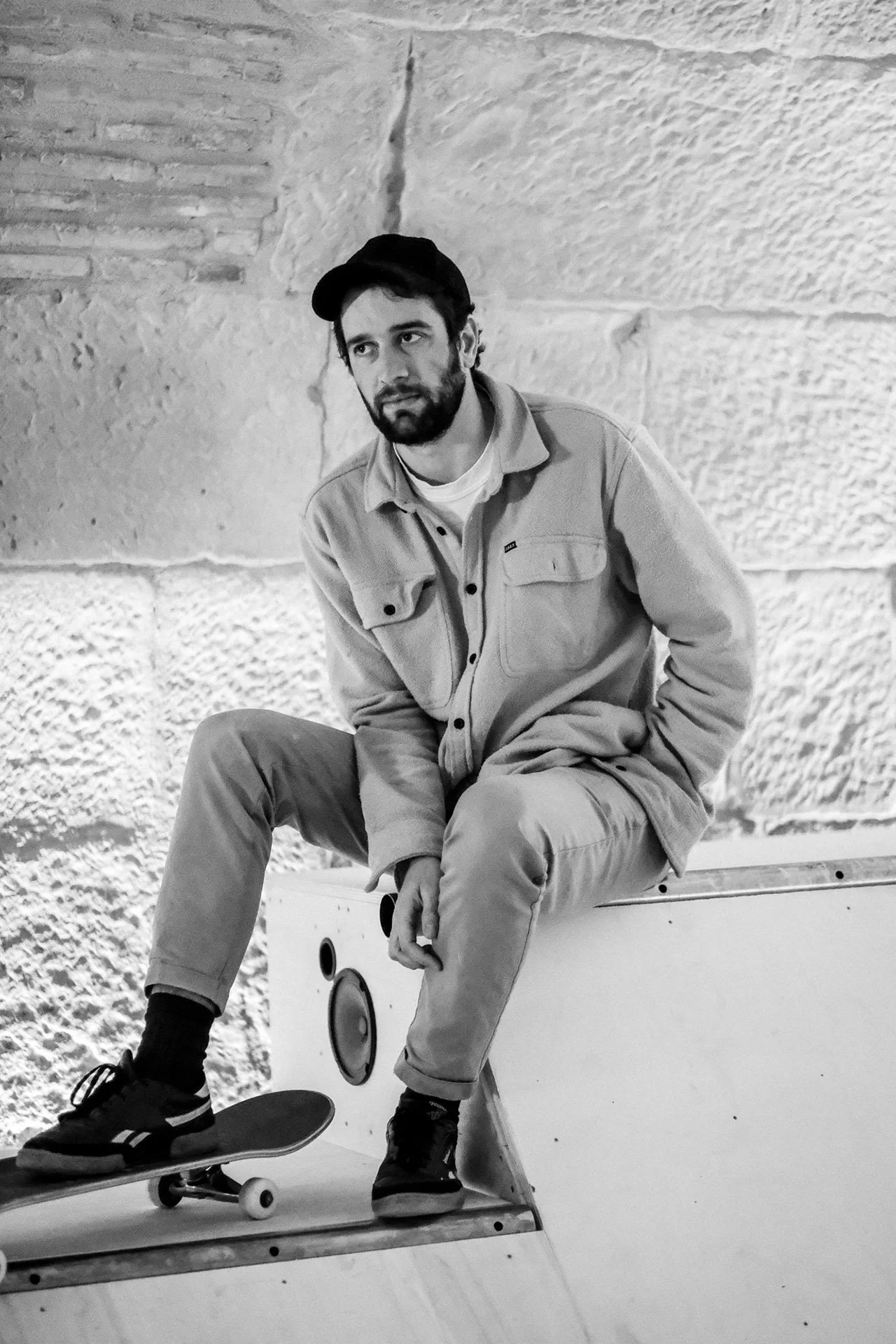 Image 2 of 16
Image 2 of 16

 Image 3 of 16
Image 3 of 16

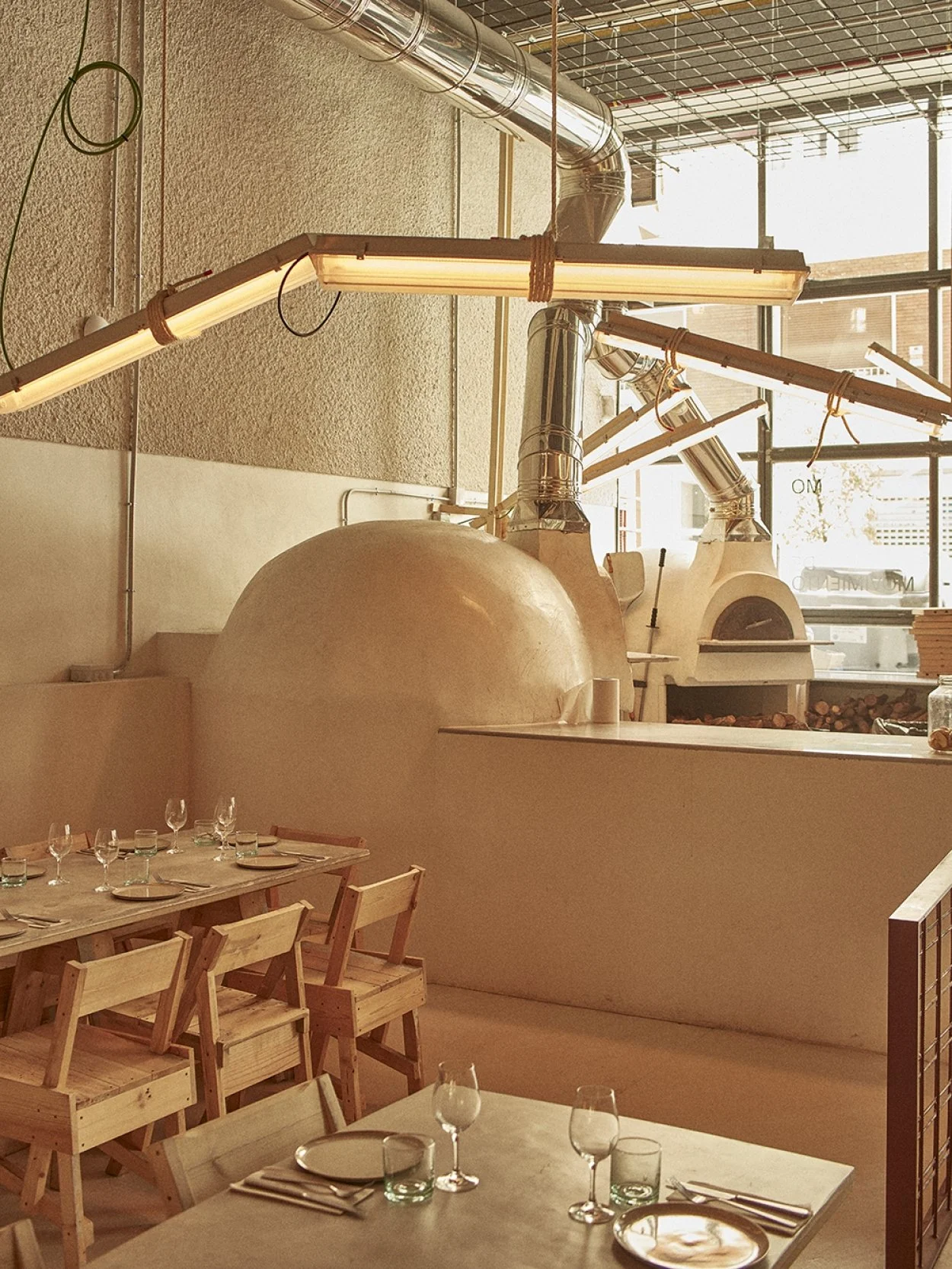 Image 4 of 16
Image 4 of 16

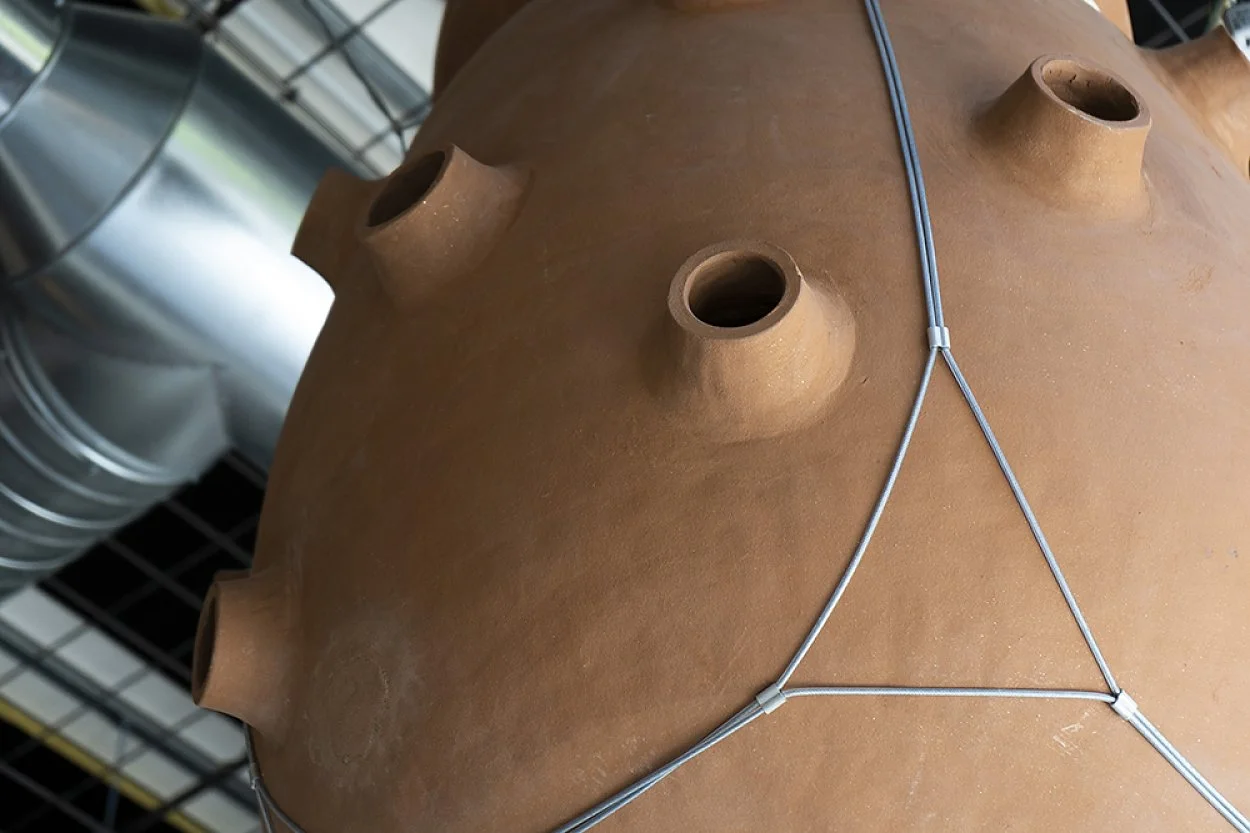 Image 5 of 16
Image 5 of 16

 Image 6 of 16
Image 6 of 16

 Image 7 of 16
Image 7 of 16

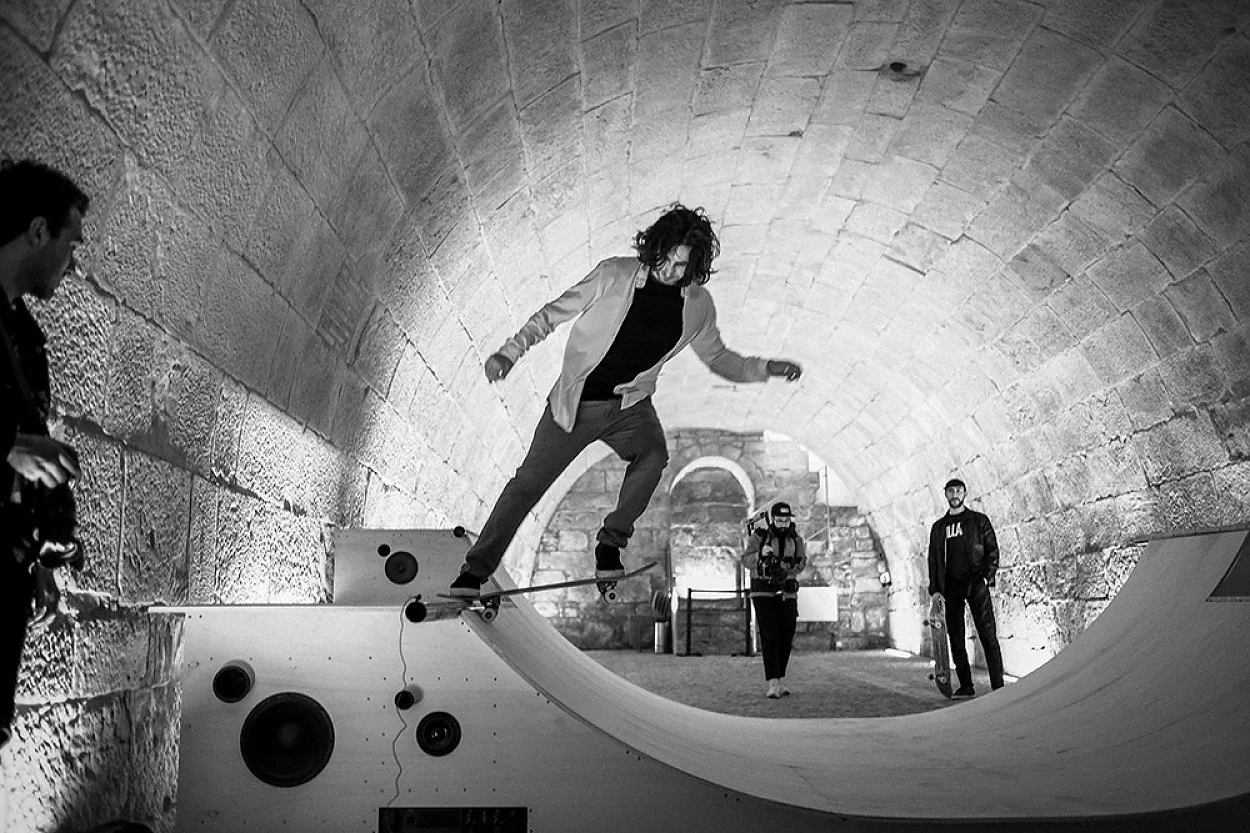 Image 8 of 16
Image 8 of 16

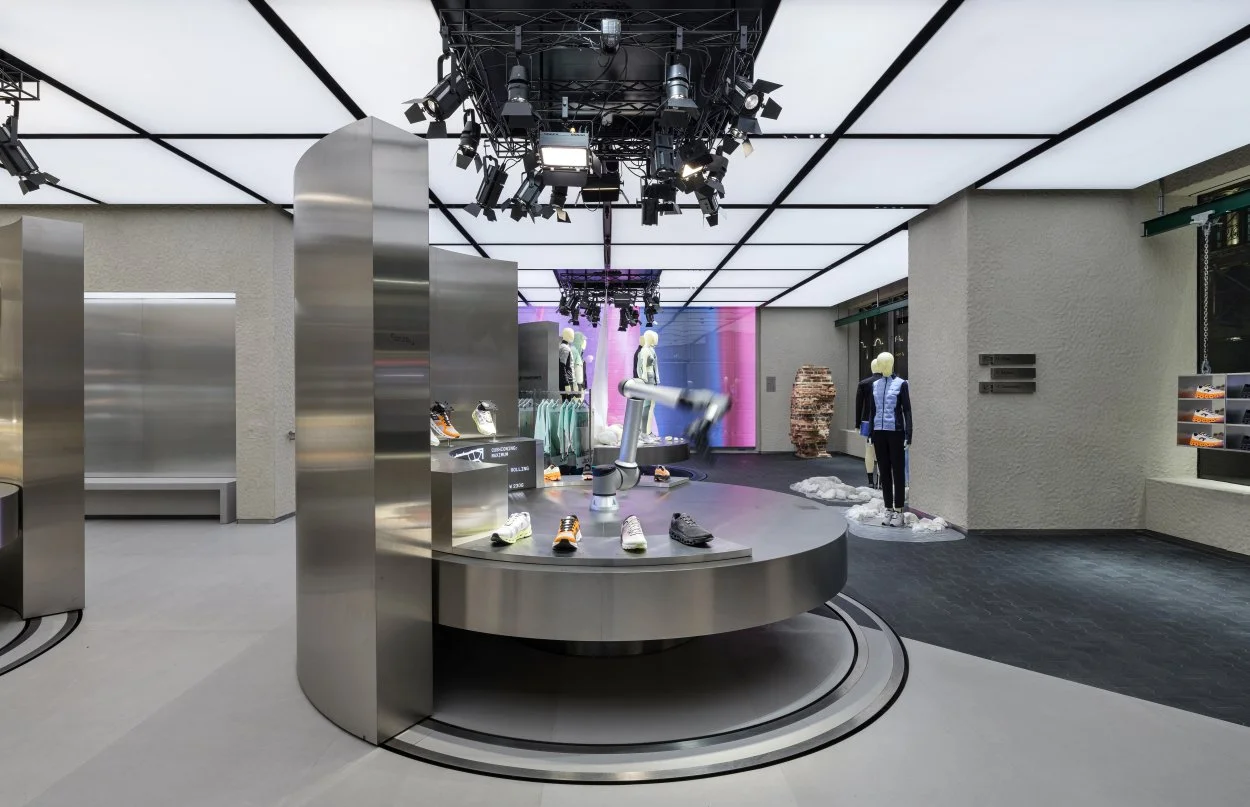 Image 9 of 16
Image 9 of 16

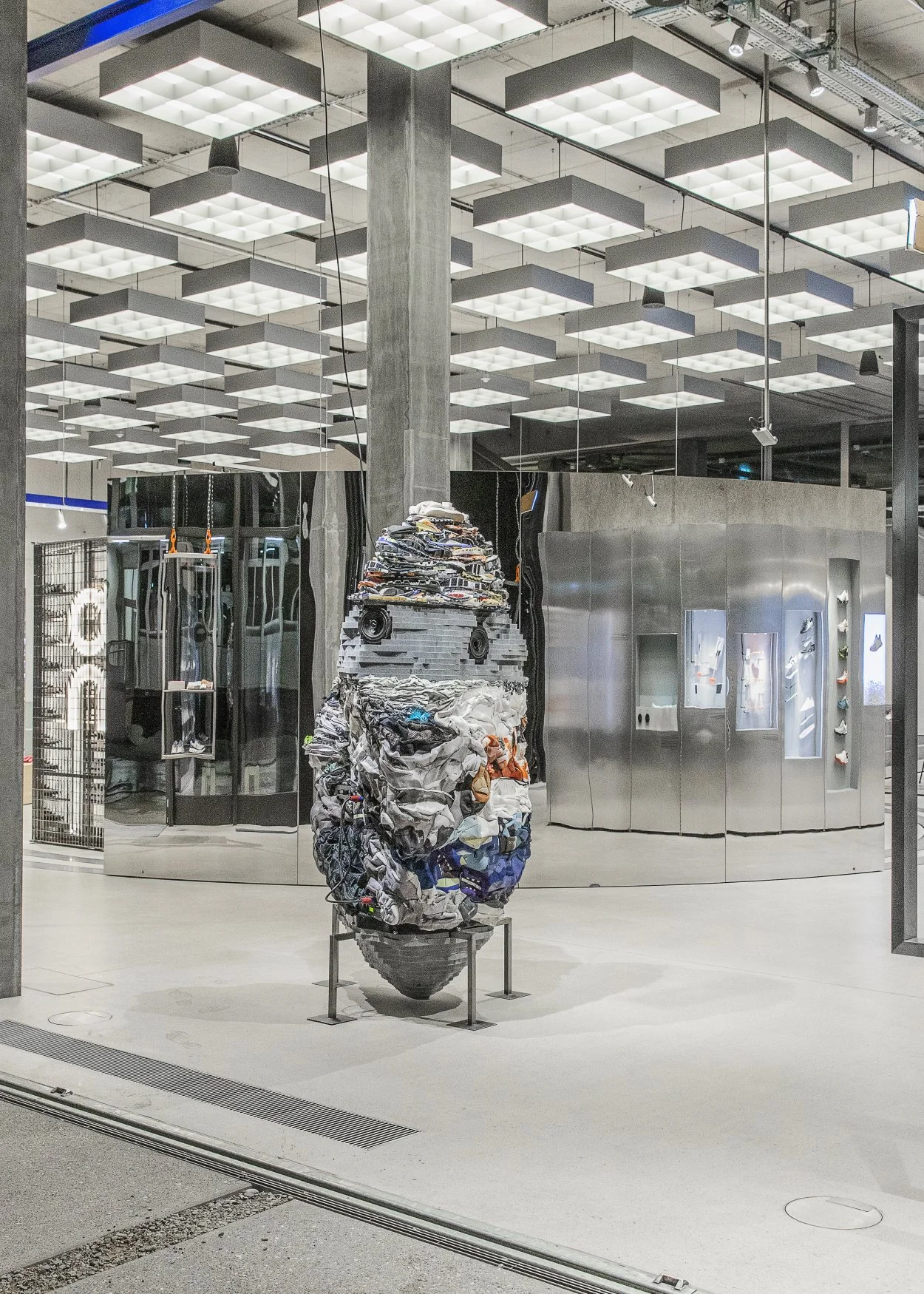 Image 10 of 16
Image 10 of 16

 Image 11 of 16
Image 11 of 16

 Image 12 of 16
Image 12 of 16

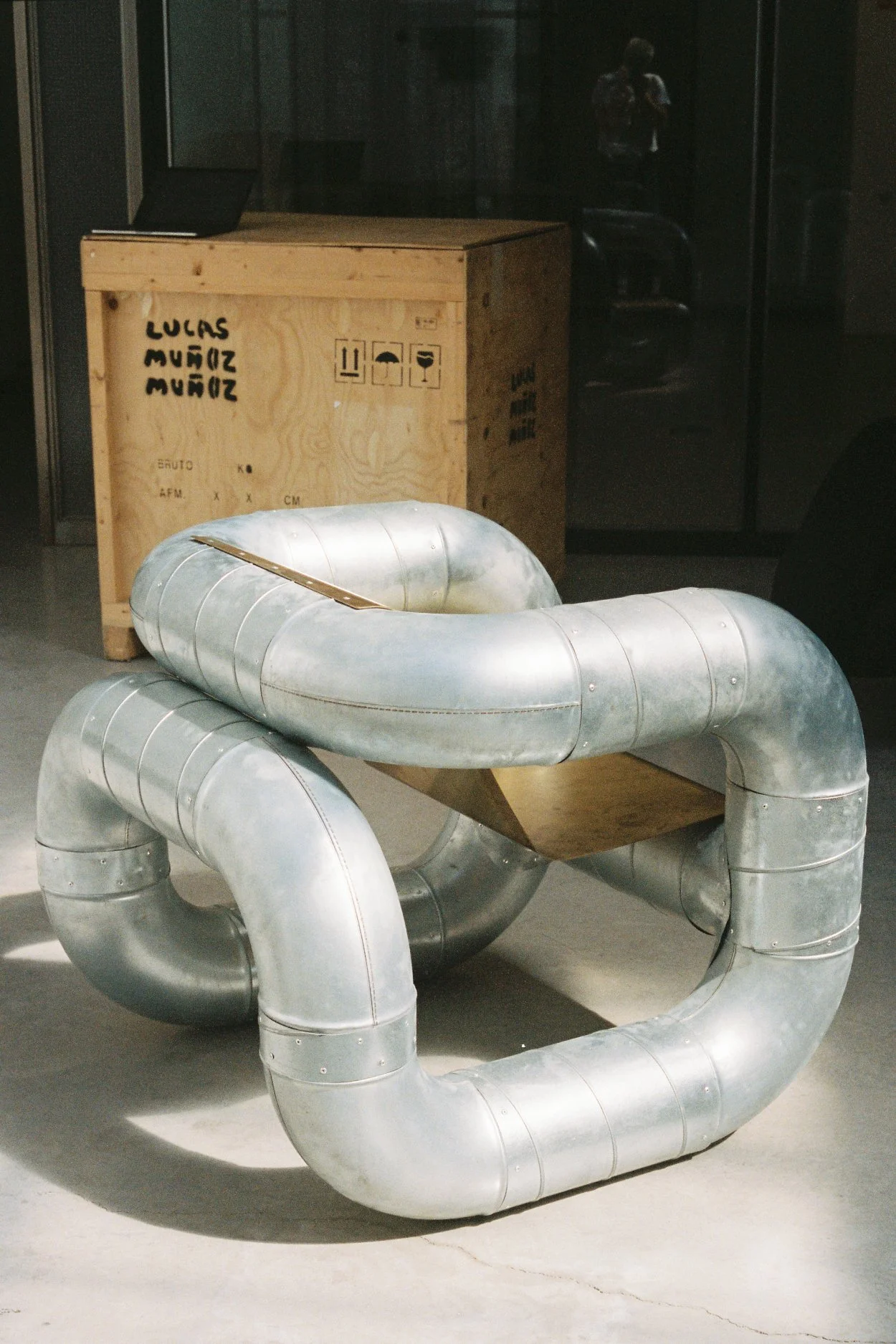 Image 13 of 16
Image 13 of 16

 Image 14 of 16
Image 14 of 16

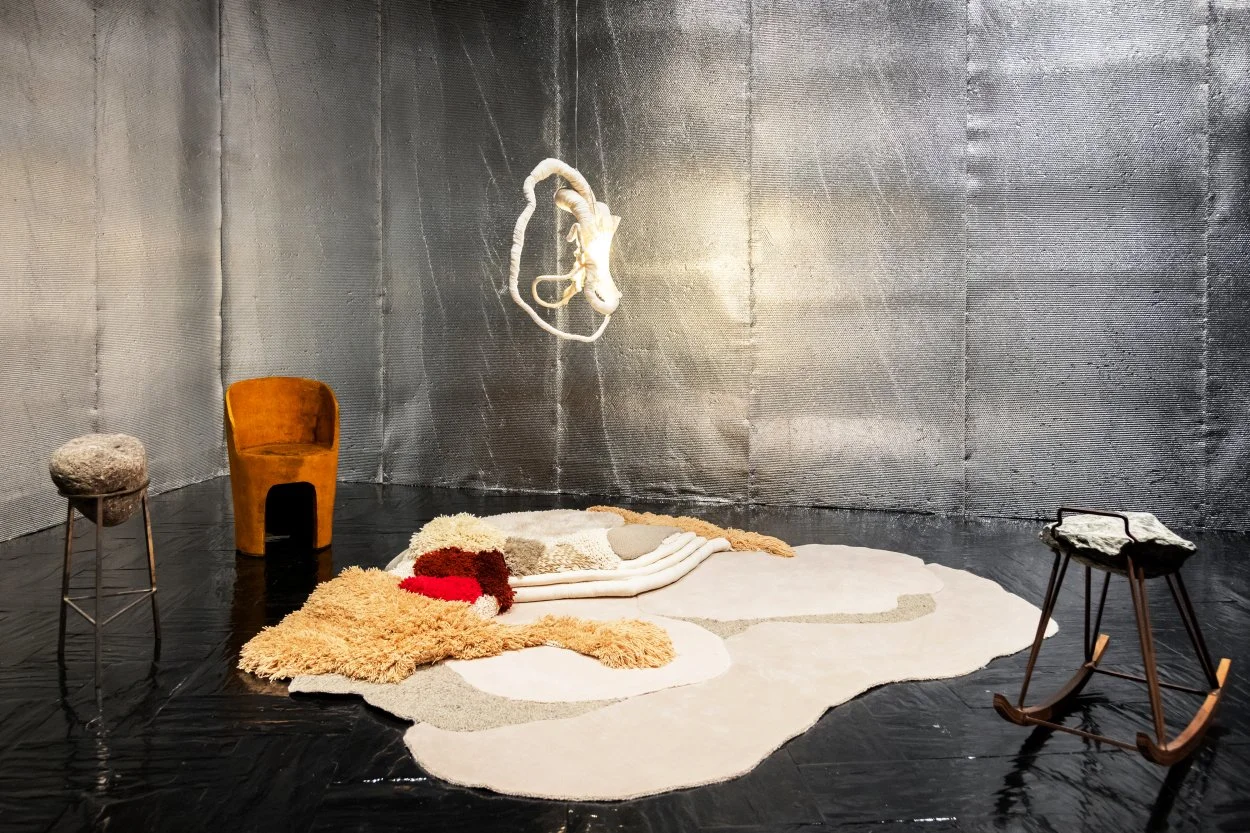 Image 15 of 16
Image 15 of 16

 Image 16 of 16
Image 16 of 16

















Lucas Muñoz applies local and context-driven research
Lucas Muñoz is a Spanish designer, artist, and craft traveler based between the Netherlands and Spain. He established his studio with the mission to explore the functionality and conceptual meaning of objects, often using upcycled and locally sourced materials. Muñoz's current mission focuses on integrating circular economy principles into his design practice, promoting sustainability and innovative material use. Core values include sustainability, innovation, and craftsmanship, with a purpose to redefine the relationship between design, materials, and the environment.
Location
Headquarters: Based between the Netherlands and Spain.
Primary manufacturing/operations locations: Various locations based on project requirements and collaborations.
The Circular Vision
Core circular economy principles: Designing out waste, using recycled and locally sourced materials, and creating products that promote environmental awareness and sustainable practices.
Key innovations: Development of projects like the "Sound System" built from upcycled shoe materials, "TARA Stools" made from random rocks on metallic tripods, and "OFIS" series exploring the domestic function of construction materials.
Prioritization of local sourcing and closed-loop supply chains: Strong emphasis on using locally sourced waste materials and sustainable production methods to minimize environmental impact and support local economies.
Pioneering Solutions
Flagship projects: Lucas Muñoz's portfolio includes innovative projects such as the Sound System for ON Running (built from upcycled shoe materials), TARA Stools (using random rocks on metallic tripods), OFIS series (exploring the domestic function of construction materials), and the Transitorial pavilion (constructed from 'to be stored' elements for Jerusalem Design Week).
The Regenerative Future
R&D focus areas: Advancing sustainable design techniques, exploring new applications for recycled and upcycled materials, and developing solutions that further reduce waste and energy consumption in design and production processes.
Ambitious goals: To lead the design industry in sustainable practices, create zero-waste products, and inspire a shift towards a regenerative approach to design and material usage.
Fact Sheet
Commercial Availability: Design services and products available through collaborations, exhibitions, and partnerships with brands and institutions.
Circularity Rating: 5/5 (Strong focus on integrating circular economy principles and waste reduction in design).
Material Passport: Detailed material traceability and use of recycled and locally sourced materials in projects.
Designed for Disassembly: Yes, many products are designed with consideration for future adaptability and material reuse.
Carbon Performance: Focus on reducing carbon footprint through the use of waste materials and local production. Committed to minimizing environmental impact through efficient design and manufacturing processes.
Key Takeaway
Lucas Muñoz transforms the design industry through innovative, sustainable solutions that prioritize circular economy principles, setting a benchmark for environmental responsibility and material innovation in contemporary design.
Explore Further
Lucas Muñoz website: https://www.lucasmunoz.com
Lucas Muñoz is a Spanish designer, artist, and craft traveler based between the Netherlands and Spain. He established his studio with the mission to explore the functionality and conceptual meaning of objects, often using upcycled and locally sourced materials. Muñoz's current mission focuses on integrating circular economy principles into his design practice, promoting sustainability and innovative material use. Core values include sustainability, innovation, and craftsmanship, with a purpose to redefine the relationship between design, materials, and the environment.
Location
Headquarters: Based between the Netherlands and Spain.
Primary manufacturing/operations locations: Various locations based on project requirements and collaborations.
The Circular Vision
Core circular economy principles: Designing out waste, using recycled and locally sourced materials, and creating products that promote environmental awareness and sustainable practices.
Key innovations: Development of projects like the "Sound System" built from upcycled shoe materials, "TARA Stools" made from random rocks on metallic tripods, and "OFIS" series exploring the domestic function of construction materials.
Prioritization of local sourcing and closed-loop supply chains: Strong emphasis on using locally sourced waste materials and sustainable production methods to minimize environmental impact and support local economies.
Pioneering Solutions
Flagship projects: Lucas Muñoz's portfolio includes innovative projects such as the Sound System for ON Running (built from upcycled shoe materials), TARA Stools (using random rocks on metallic tripods), OFIS series (exploring the domestic function of construction materials), and the Transitorial pavilion (constructed from 'to be stored' elements for Jerusalem Design Week).
The Regenerative Future
R&D focus areas: Advancing sustainable design techniques, exploring new applications for recycled and upcycled materials, and developing solutions that further reduce waste and energy consumption in design and production processes.
Ambitious goals: To lead the design industry in sustainable practices, create zero-waste products, and inspire a shift towards a regenerative approach to design and material usage.
Fact Sheet
Commercial Availability: Design services and products available through collaborations, exhibitions, and partnerships with brands and institutions.
Circularity Rating: 5/5 (Strong focus on integrating circular economy principles and waste reduction in design).
Material Passport: Detailed material traceability and use of recycled and locally sourced materials in projects.
Designed for Disassembly: Yes, many products are designed with consideration for future adaptability and material reuse.
Carbon Performance: Focus on reducing carbon footprint through the use of waste materials and local production. Committed to minimizing environmental impact through efficient design and manufacturing processes.
Key Takeaway
Lucas Muñoz transforms the design industry through innovative, sustainable solutions that prioritize circular economy principles, setting a benchmark for environmental responsibility and material innovation in contemporary design.
Explore Further
Lucas Muñoz website: https://www.lucasmunoz.com

